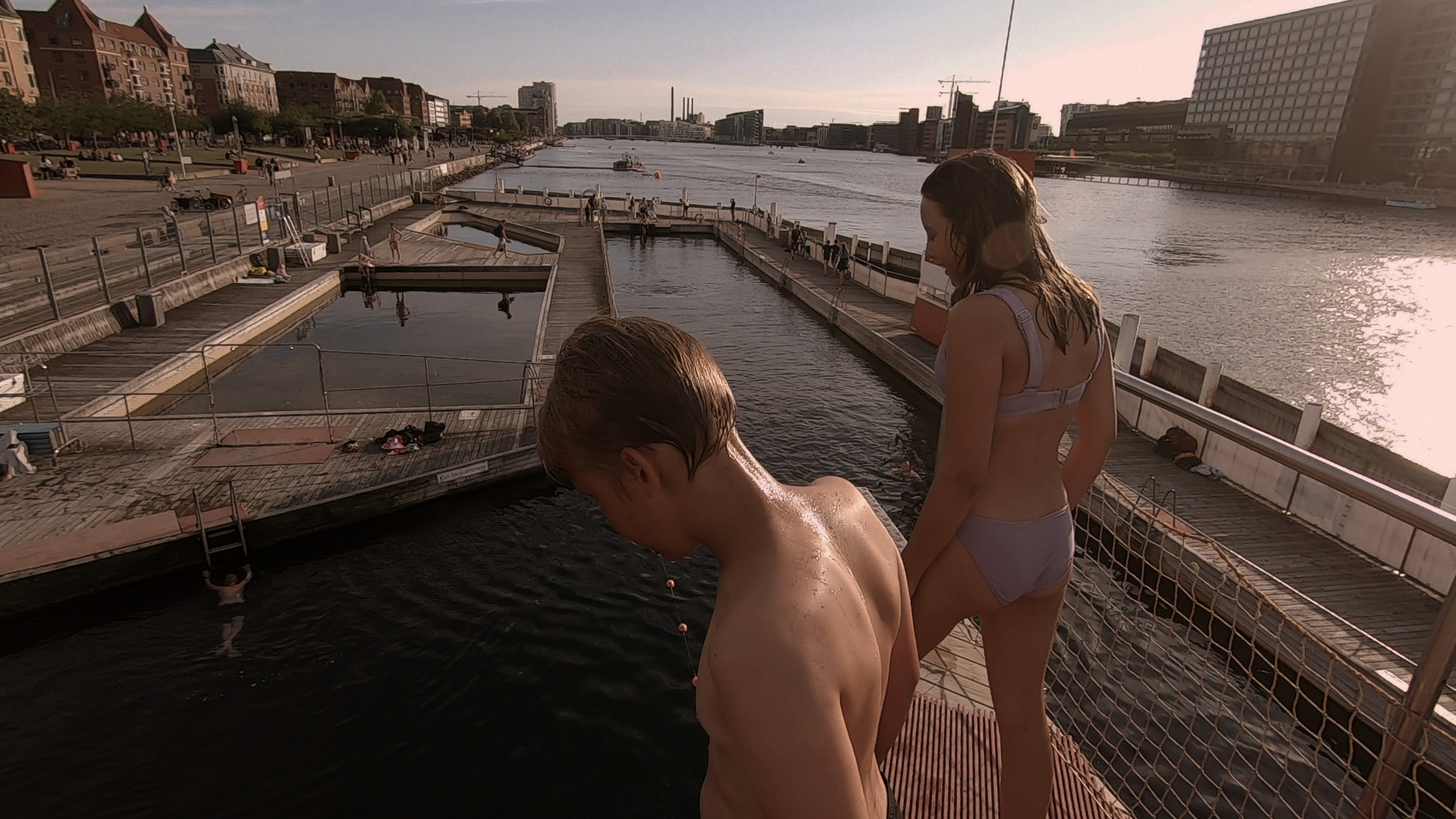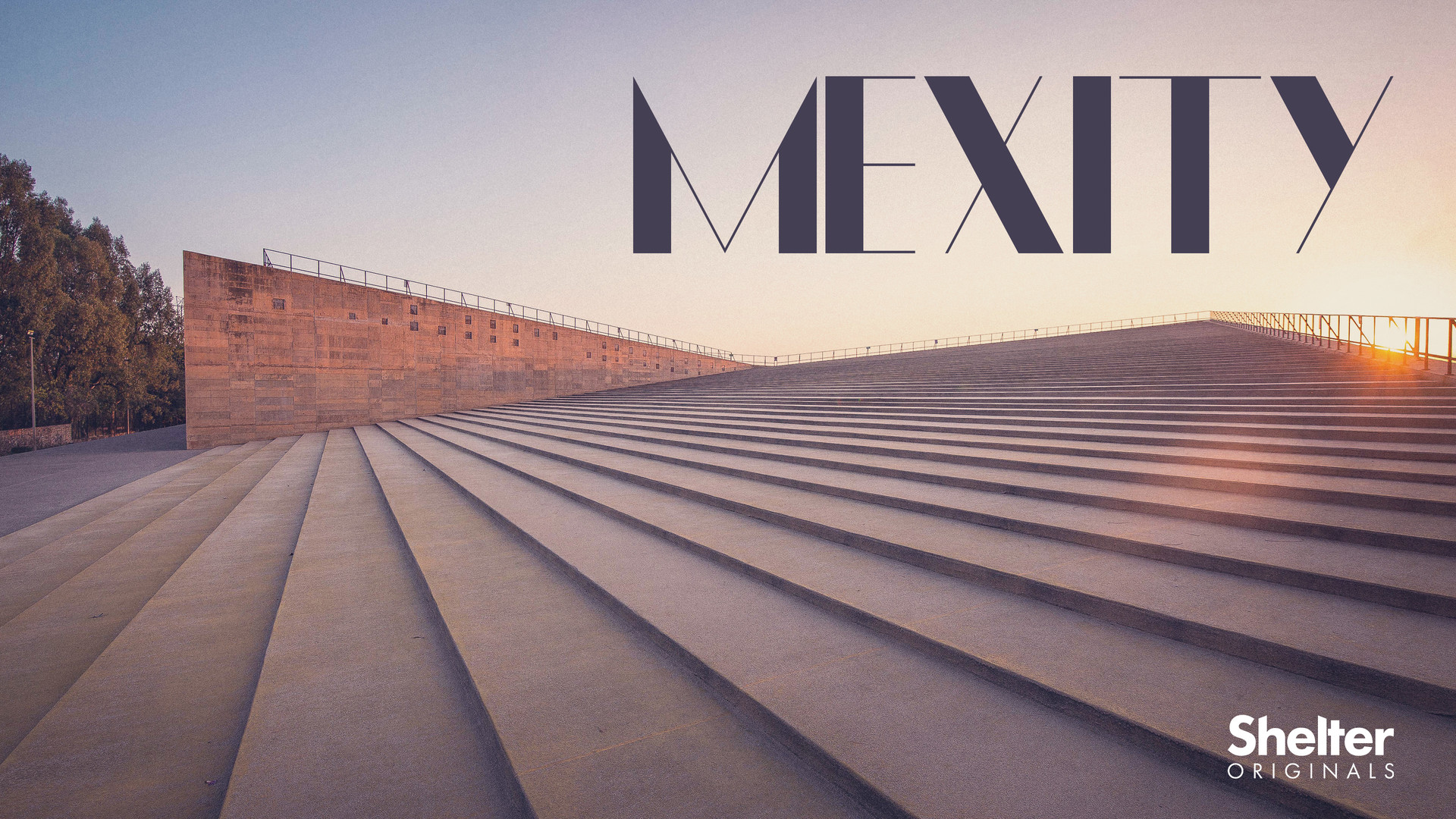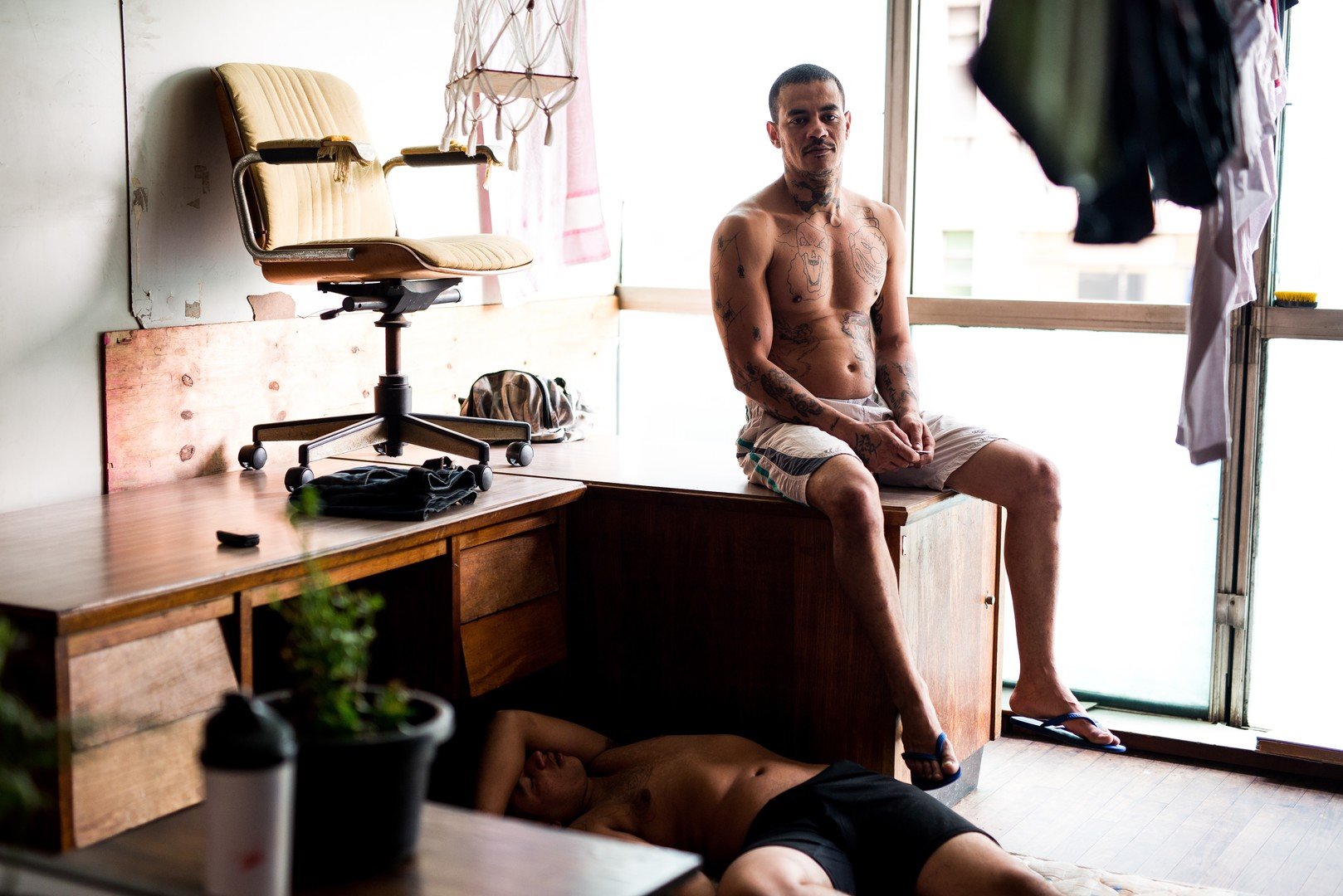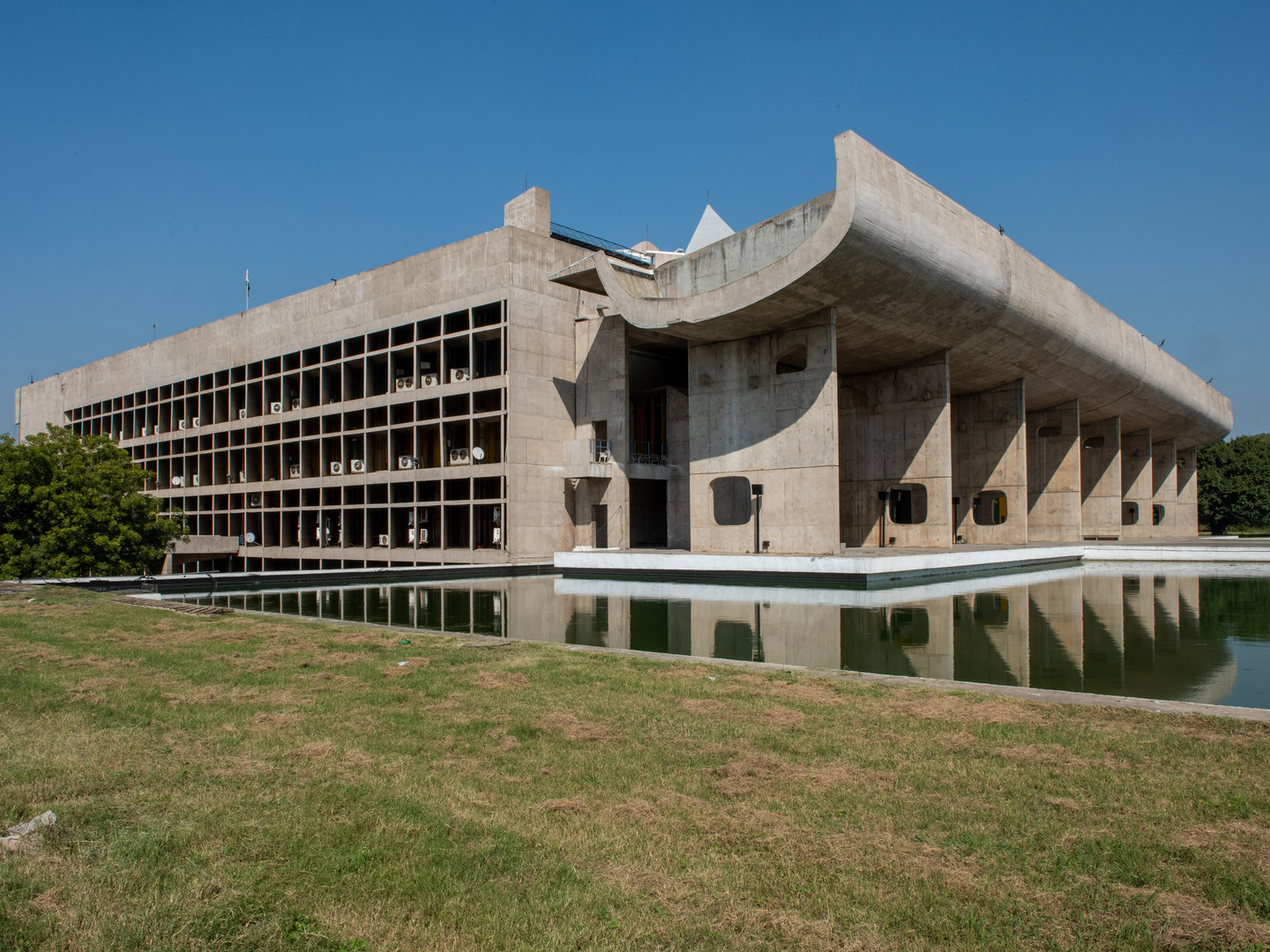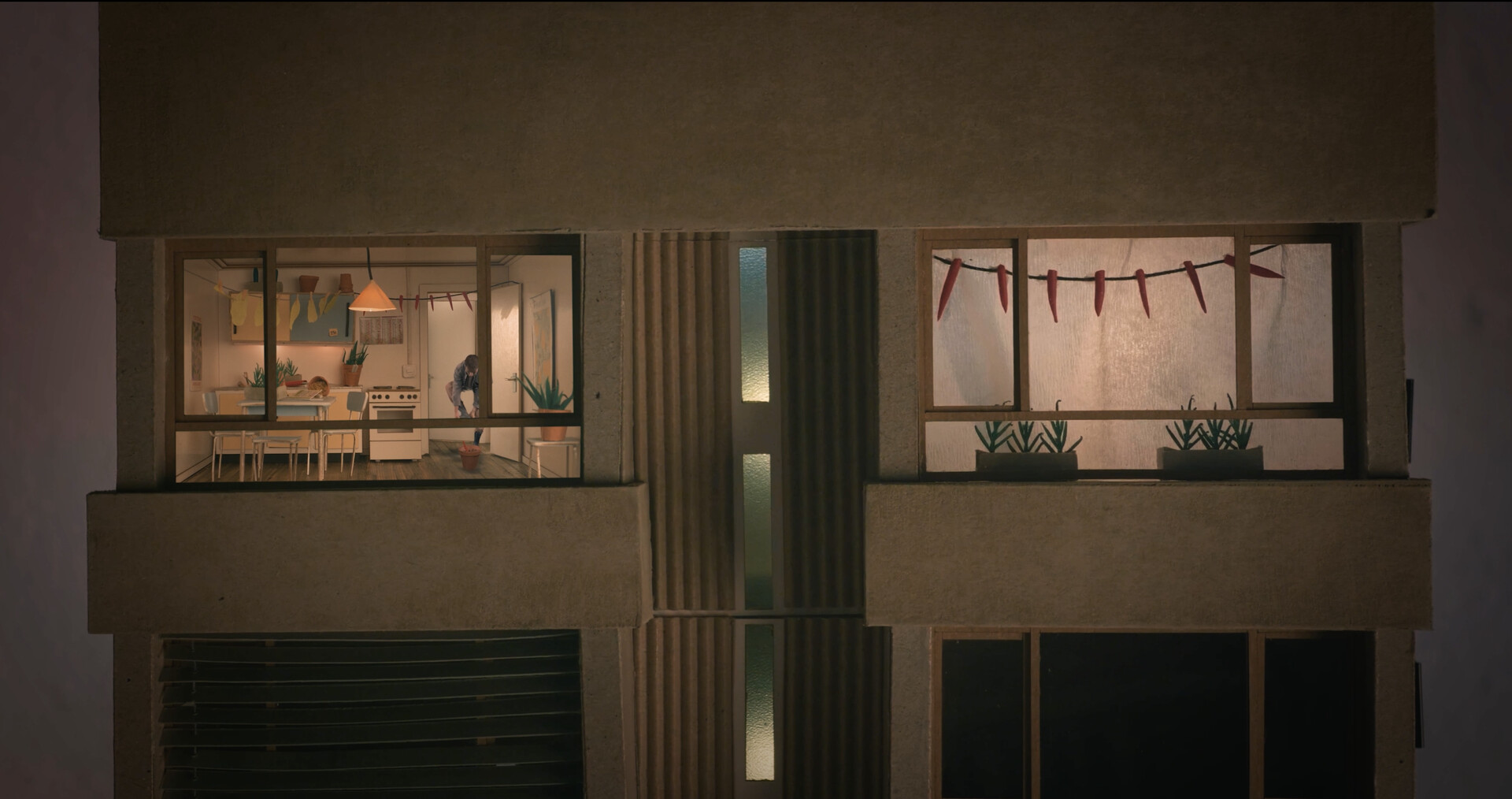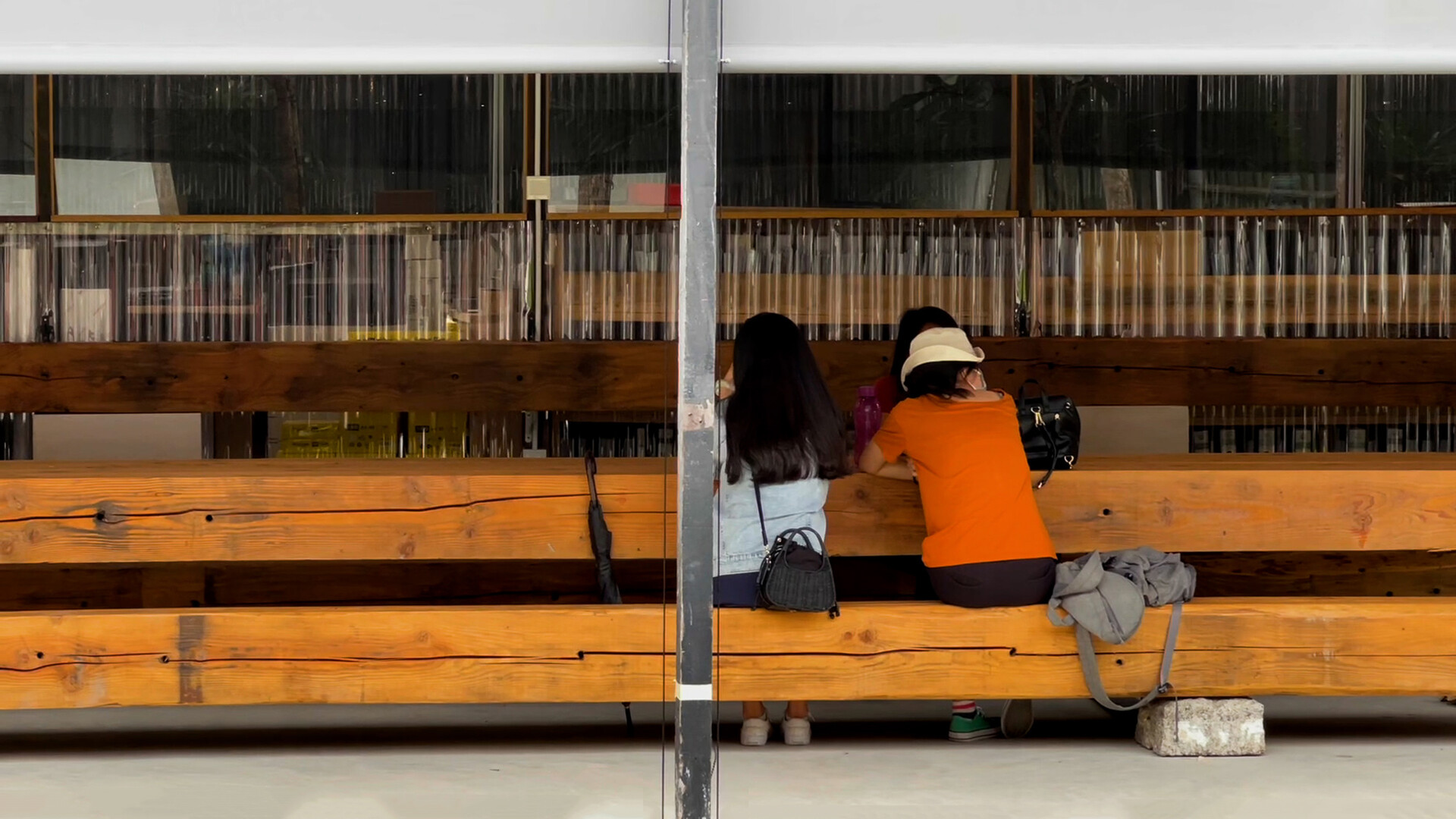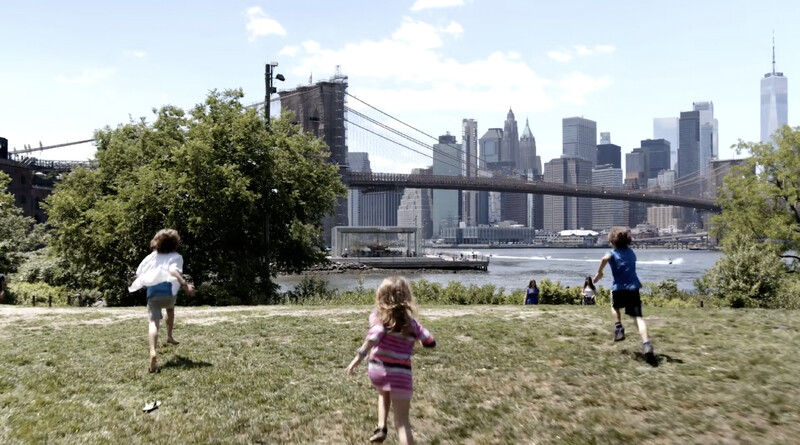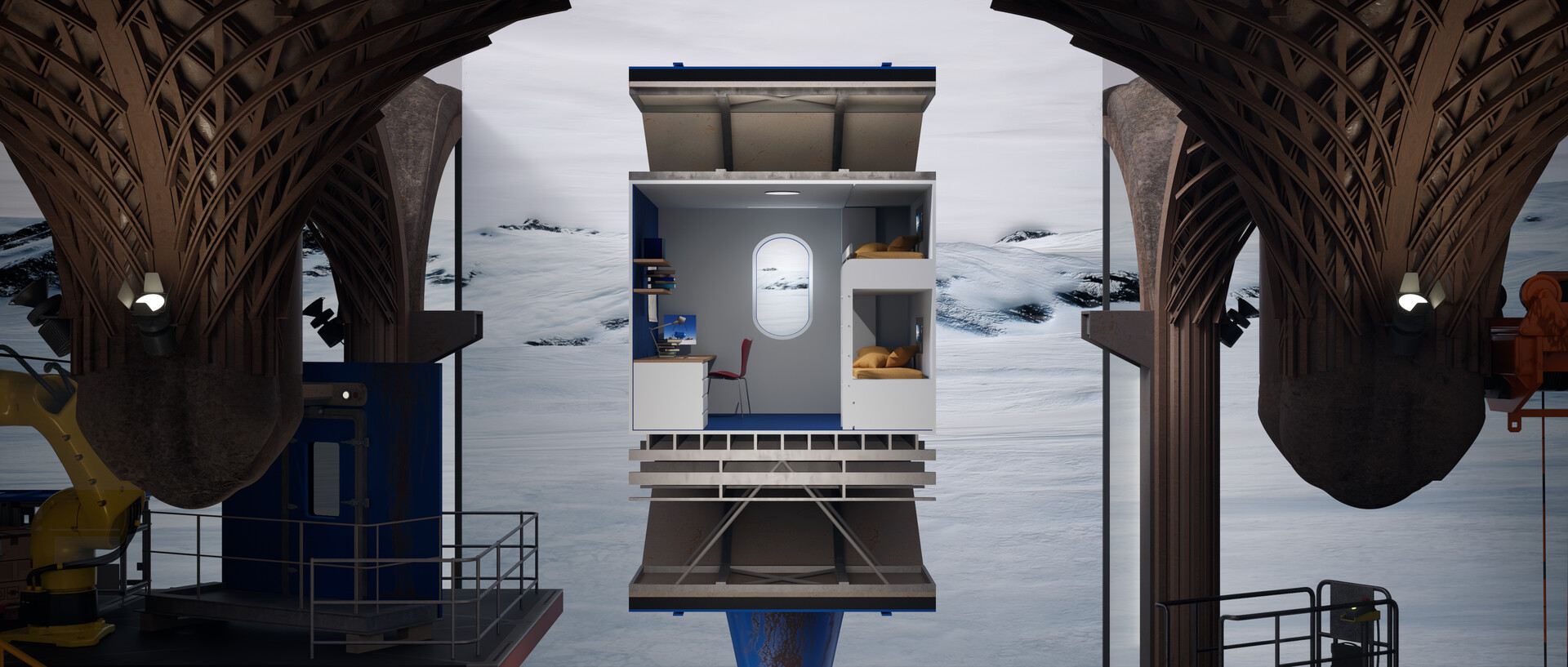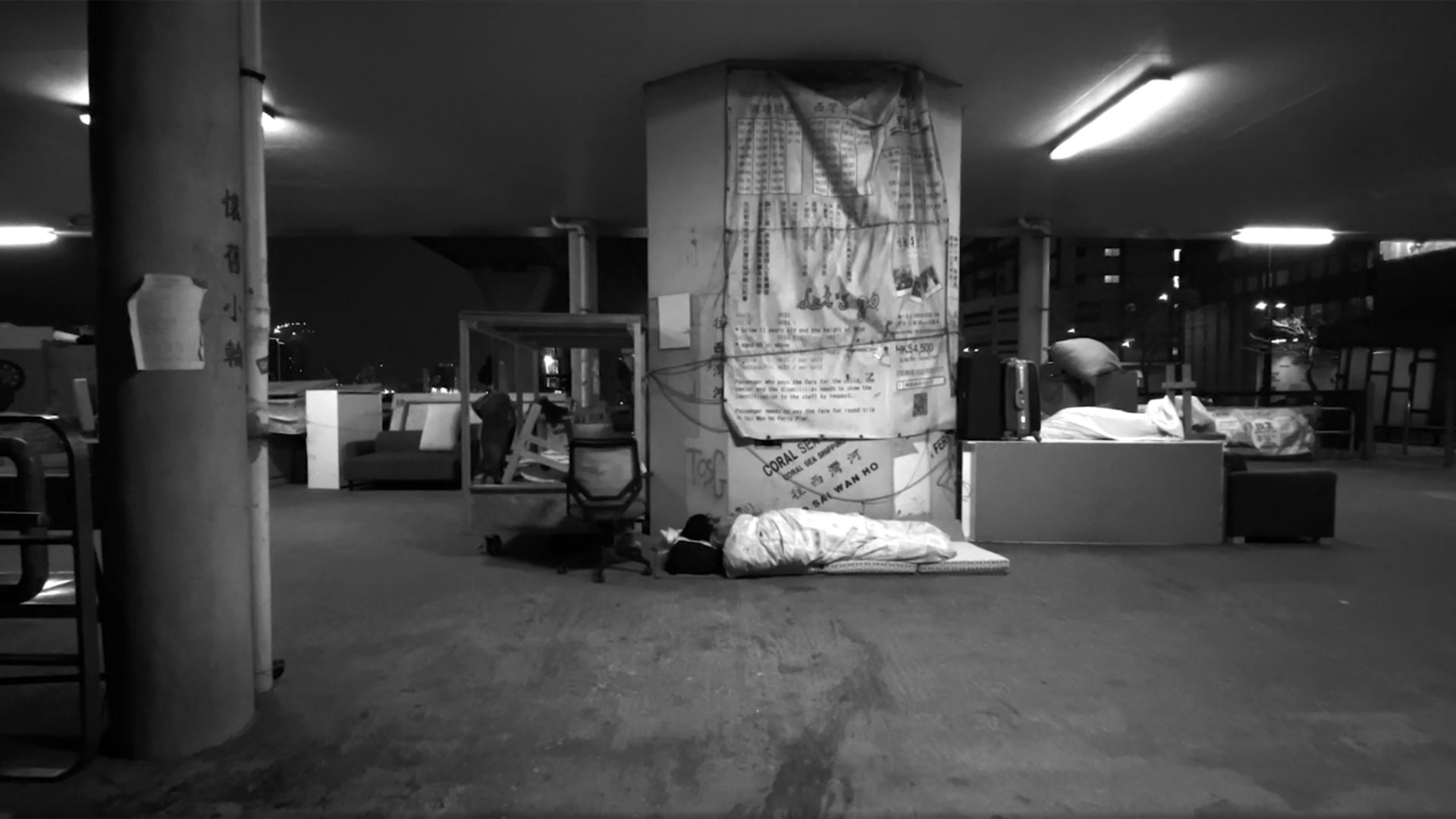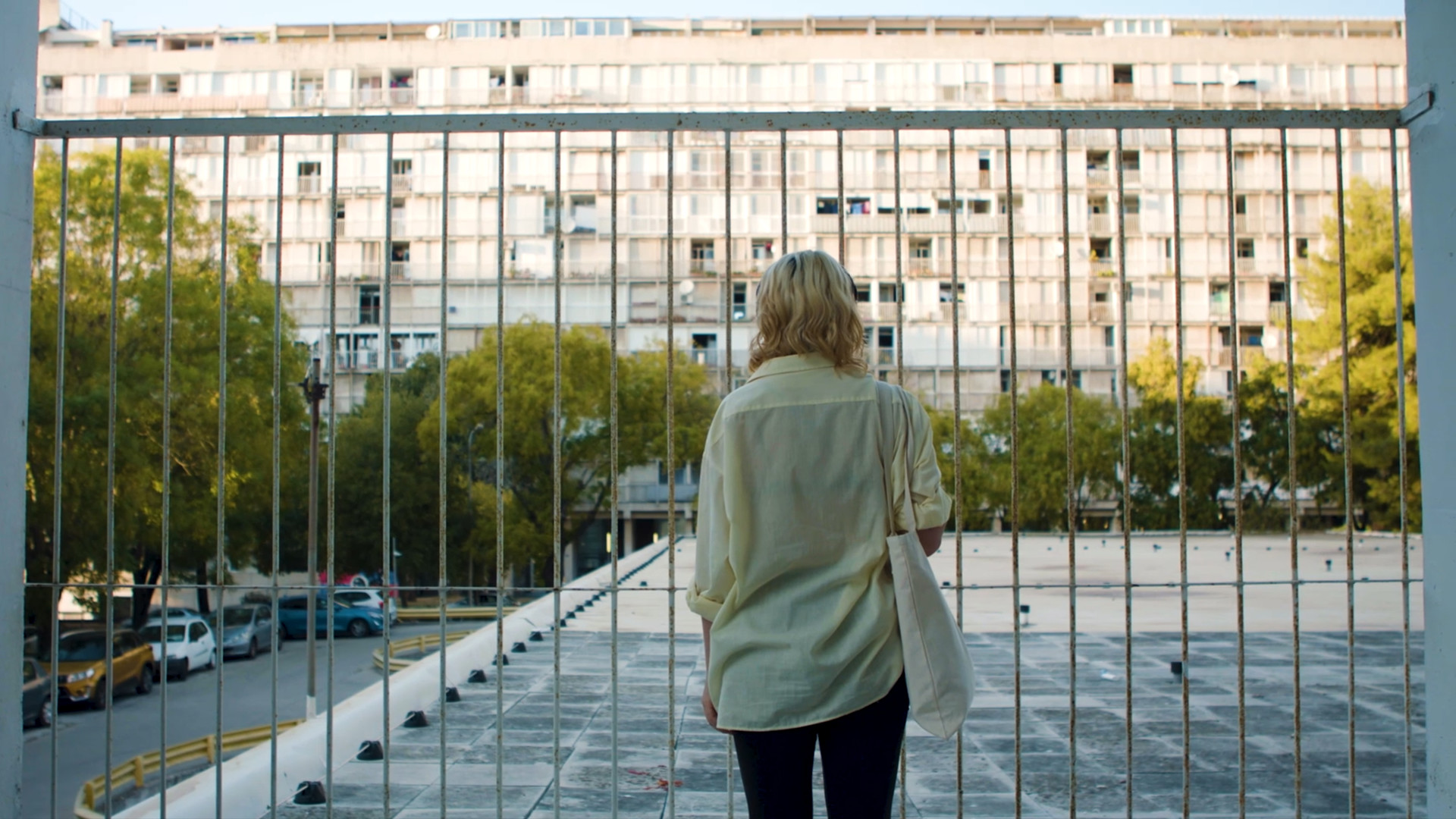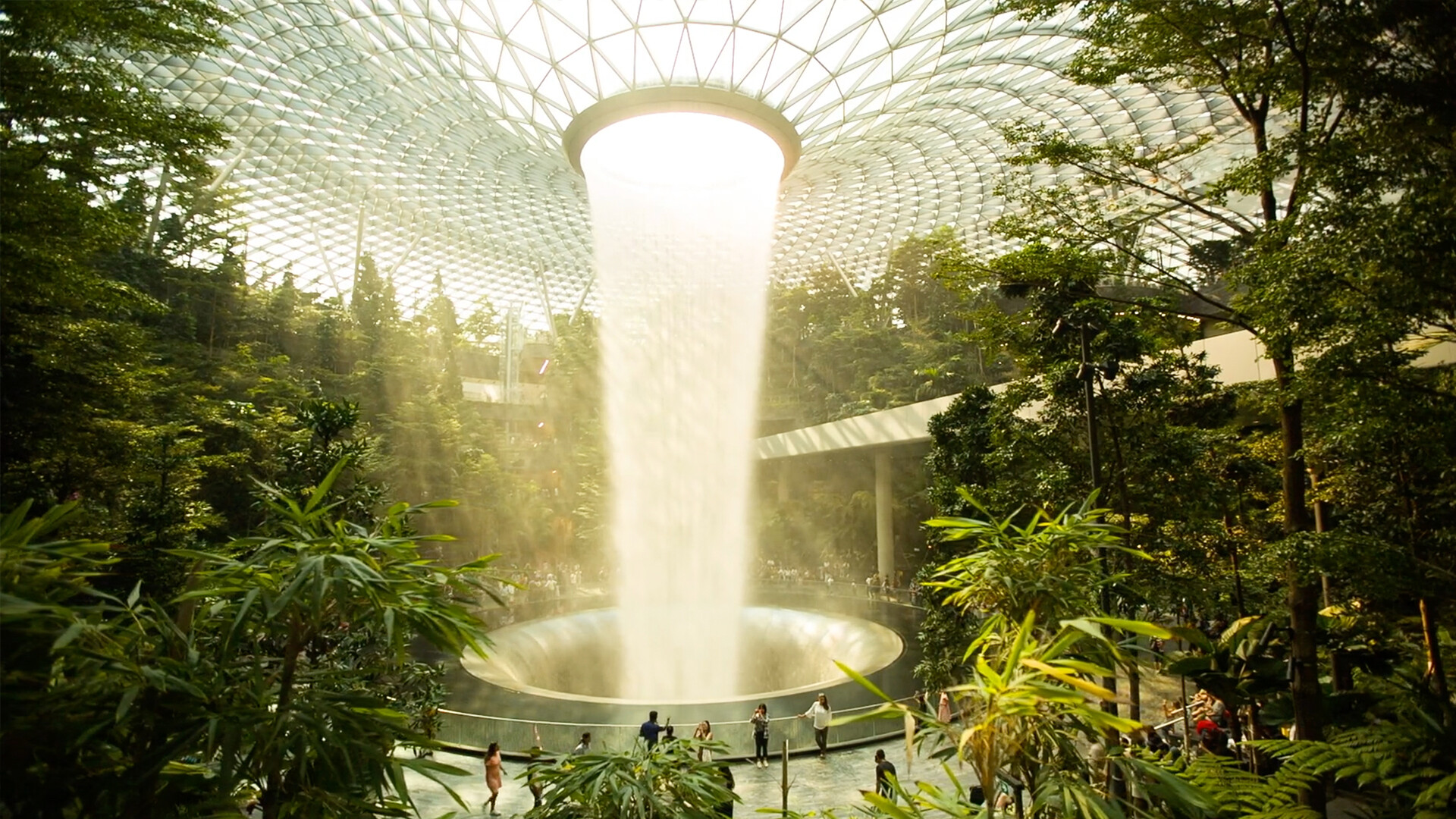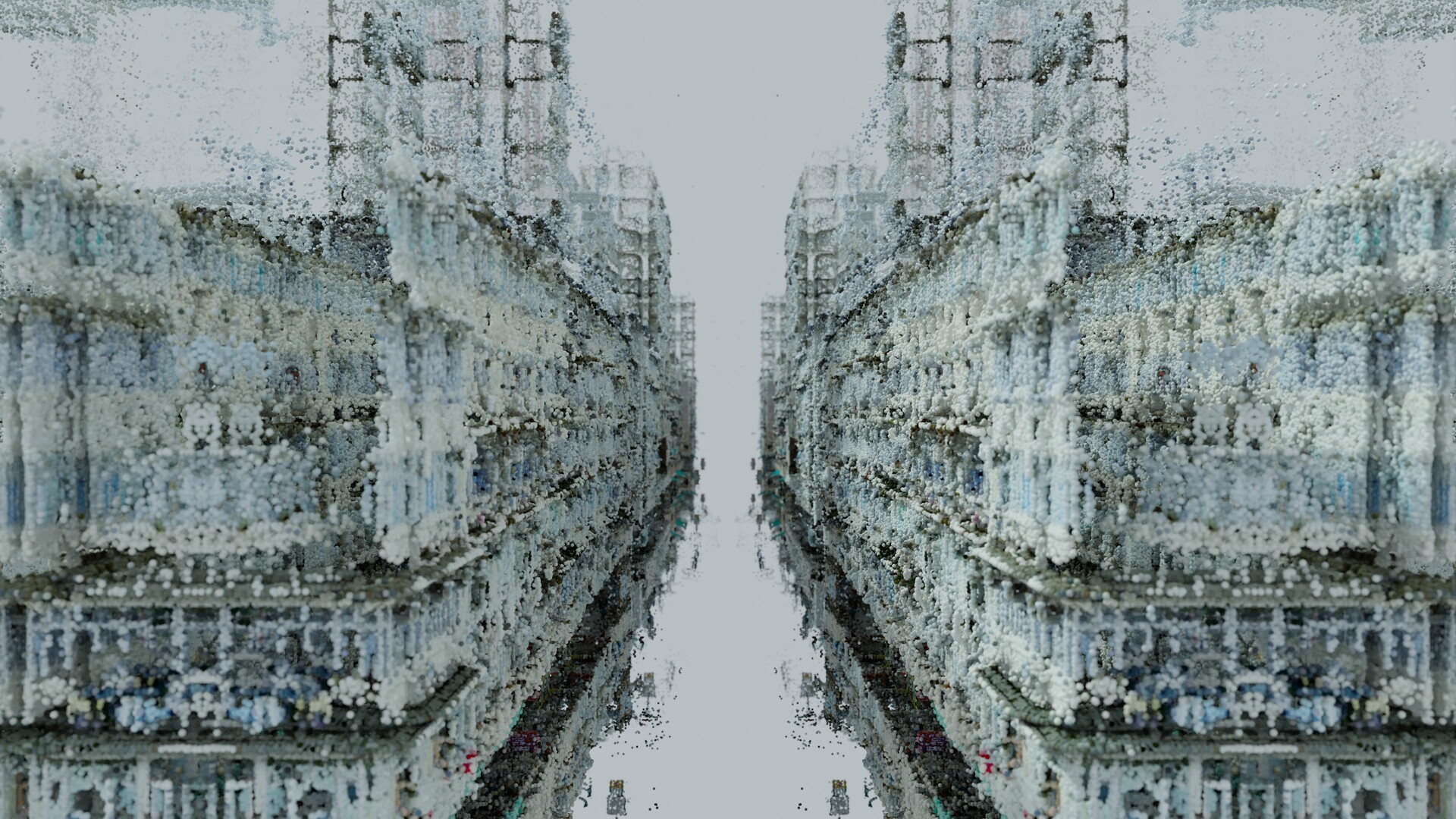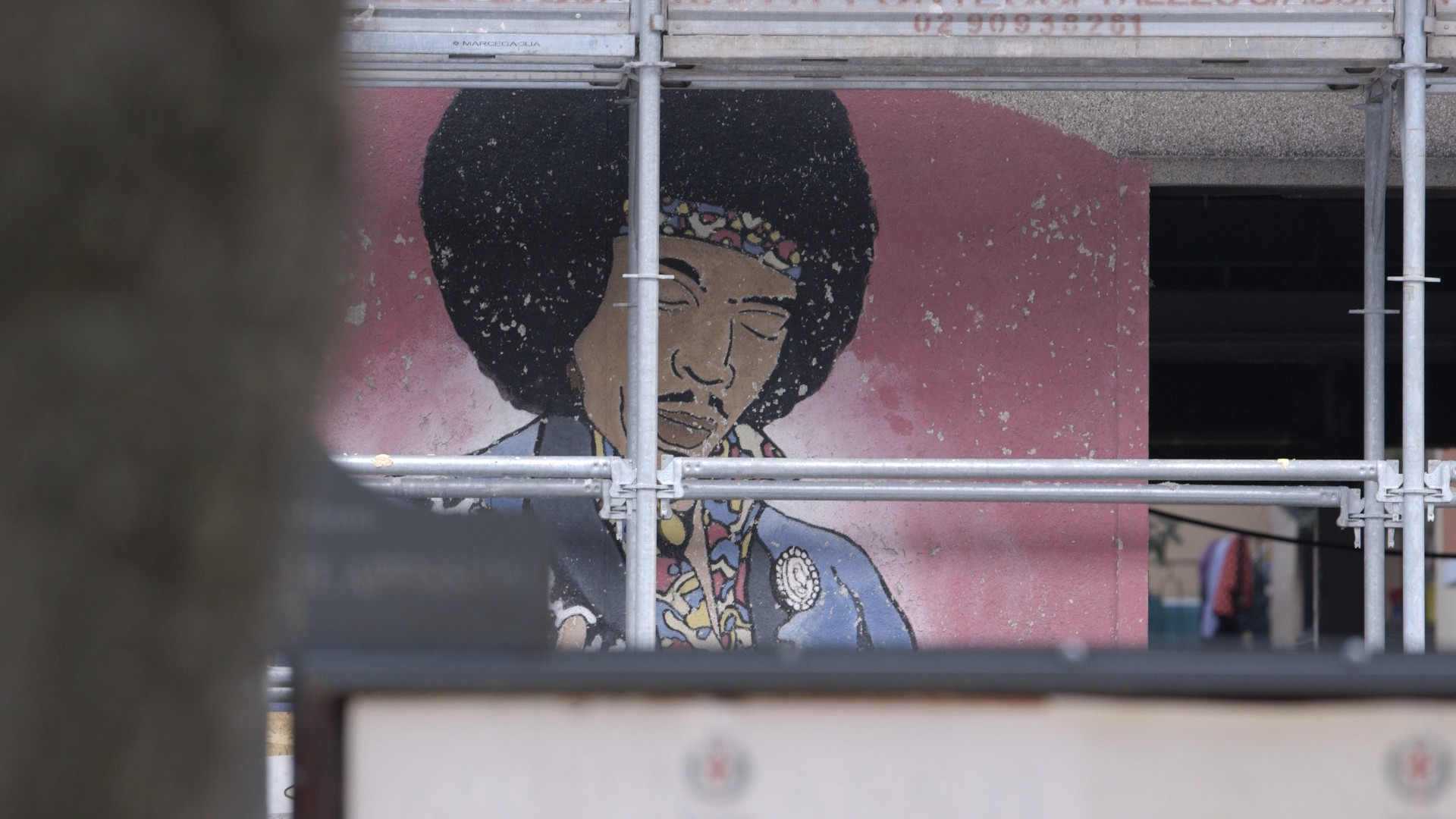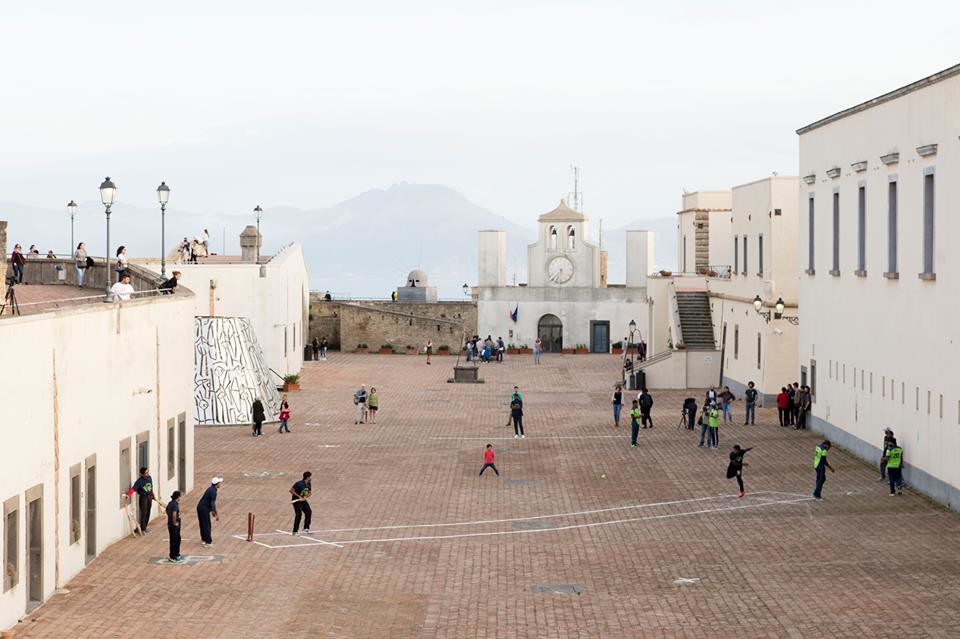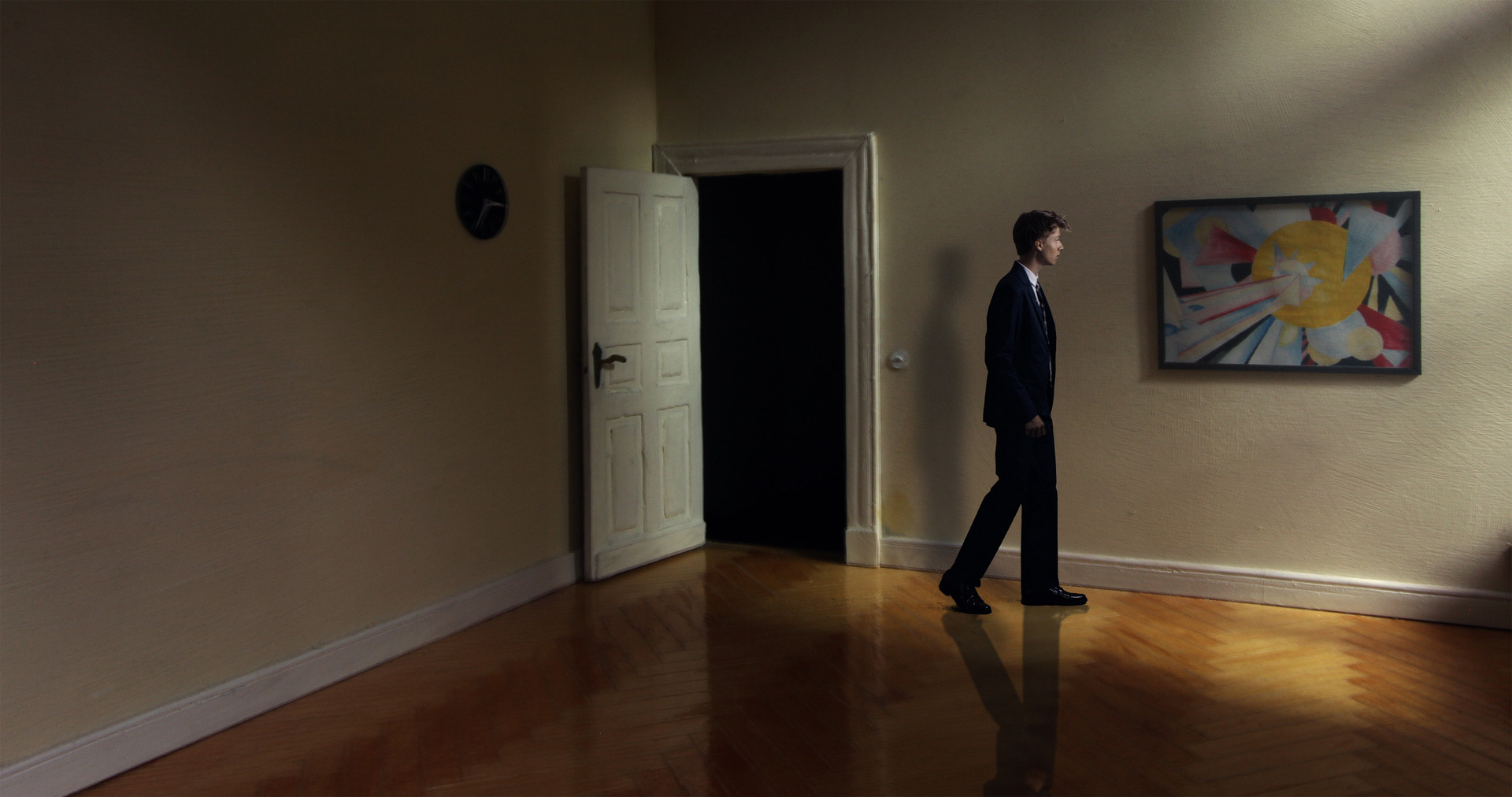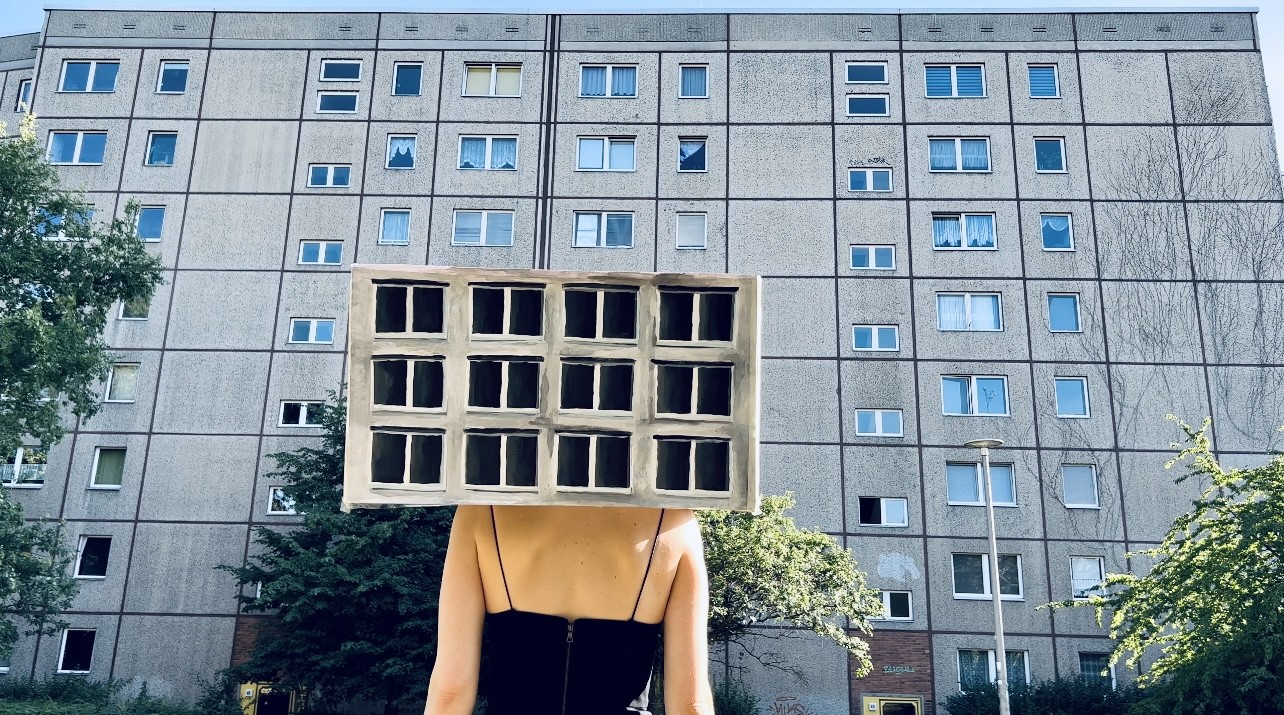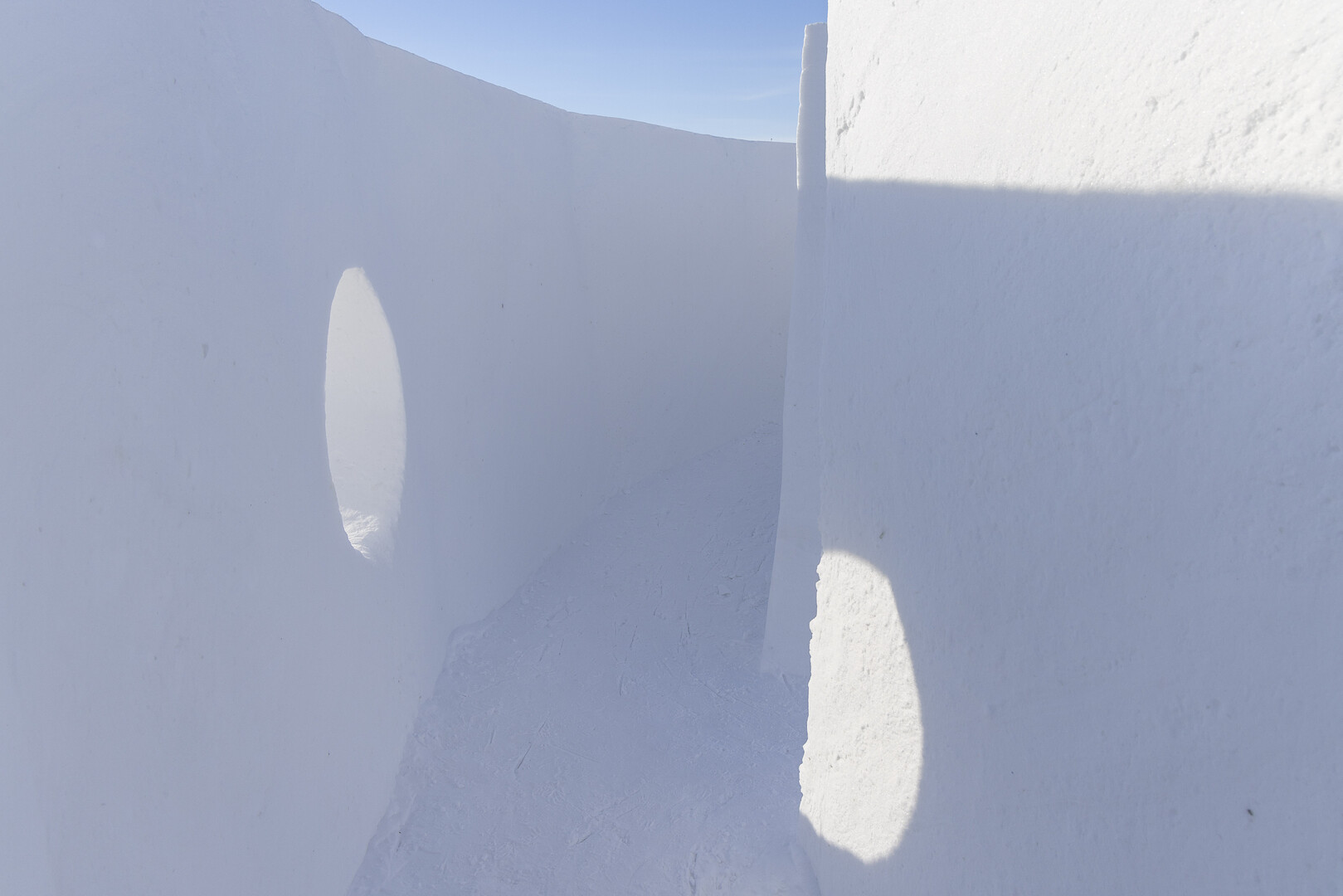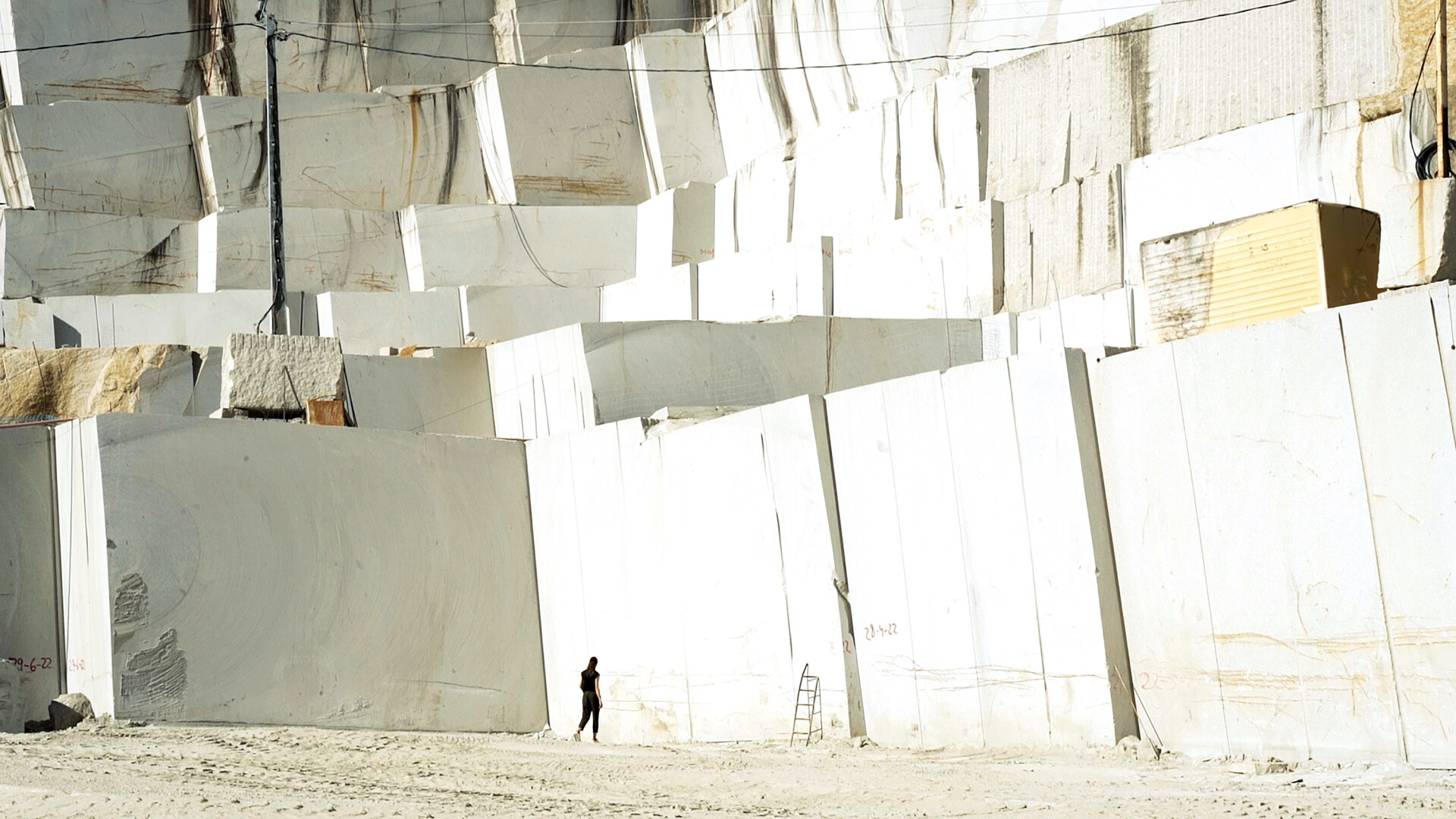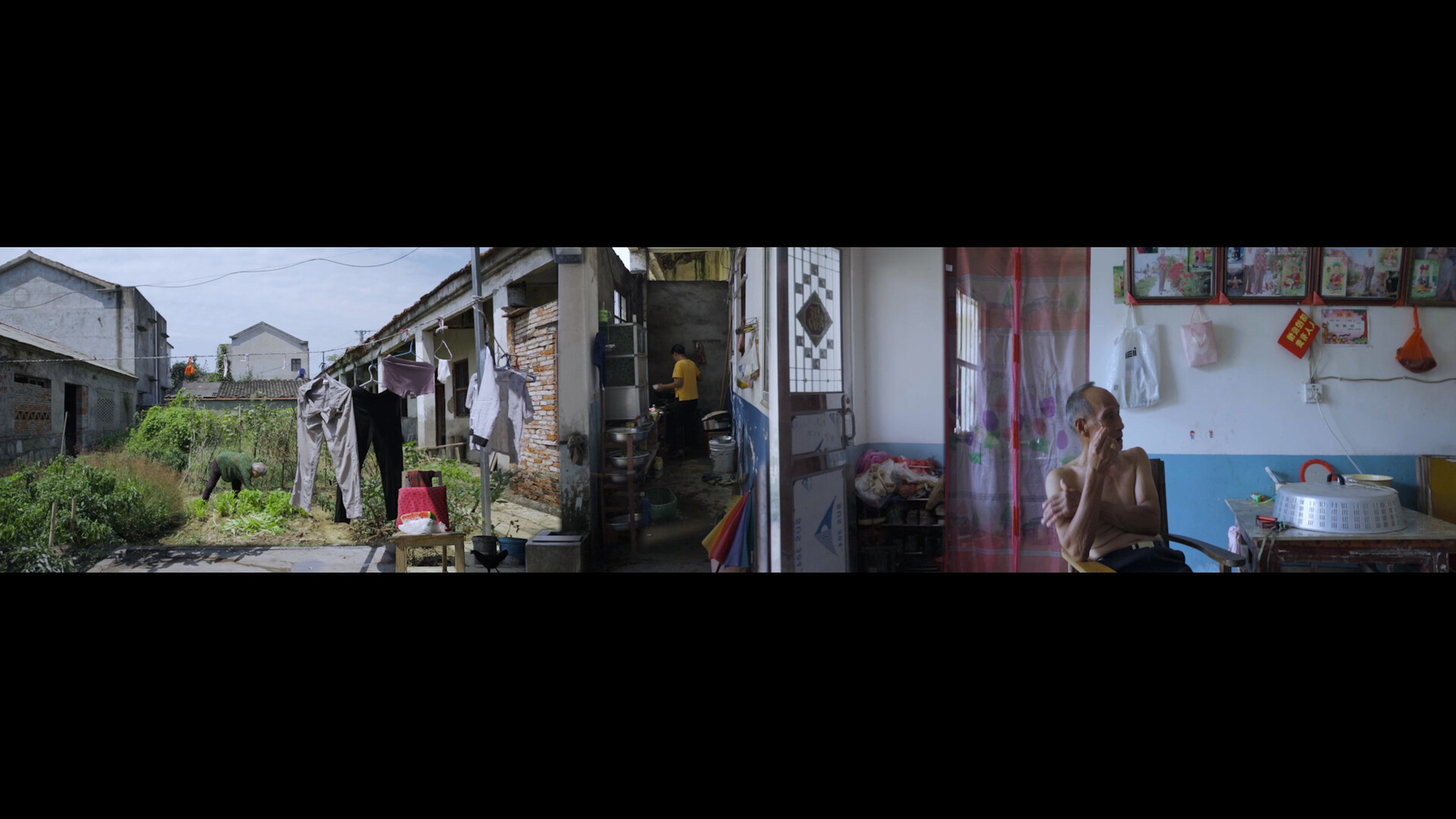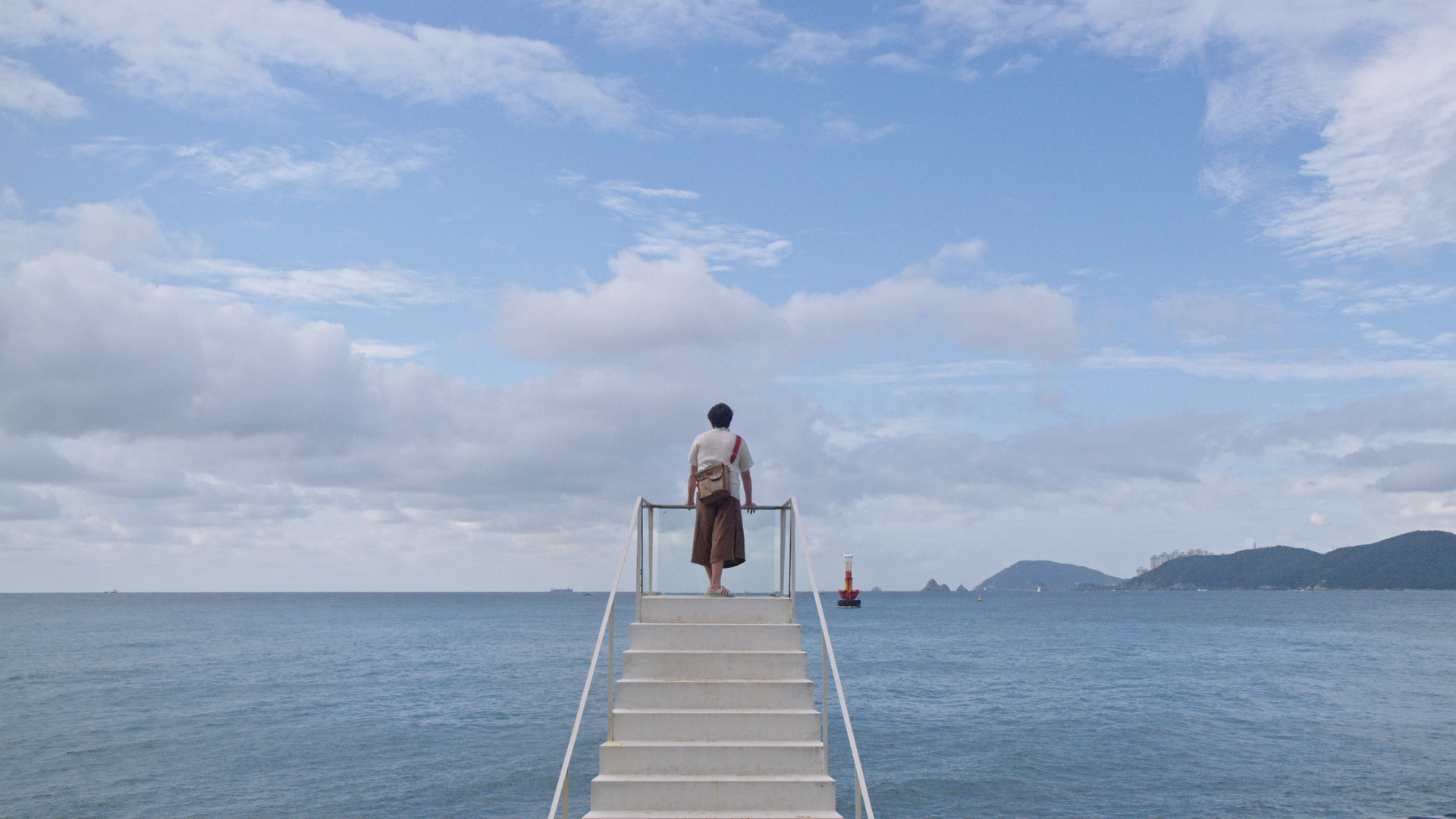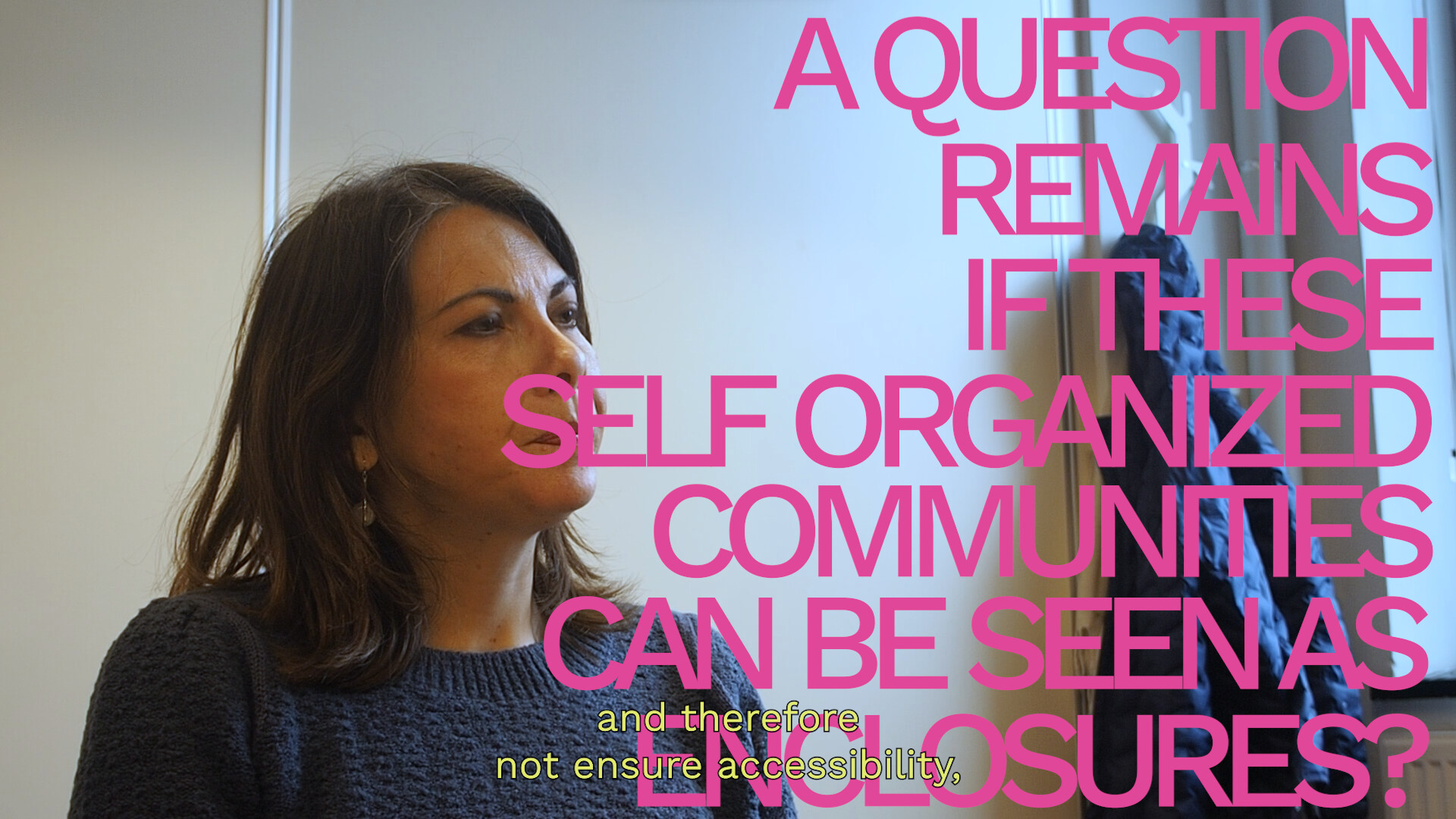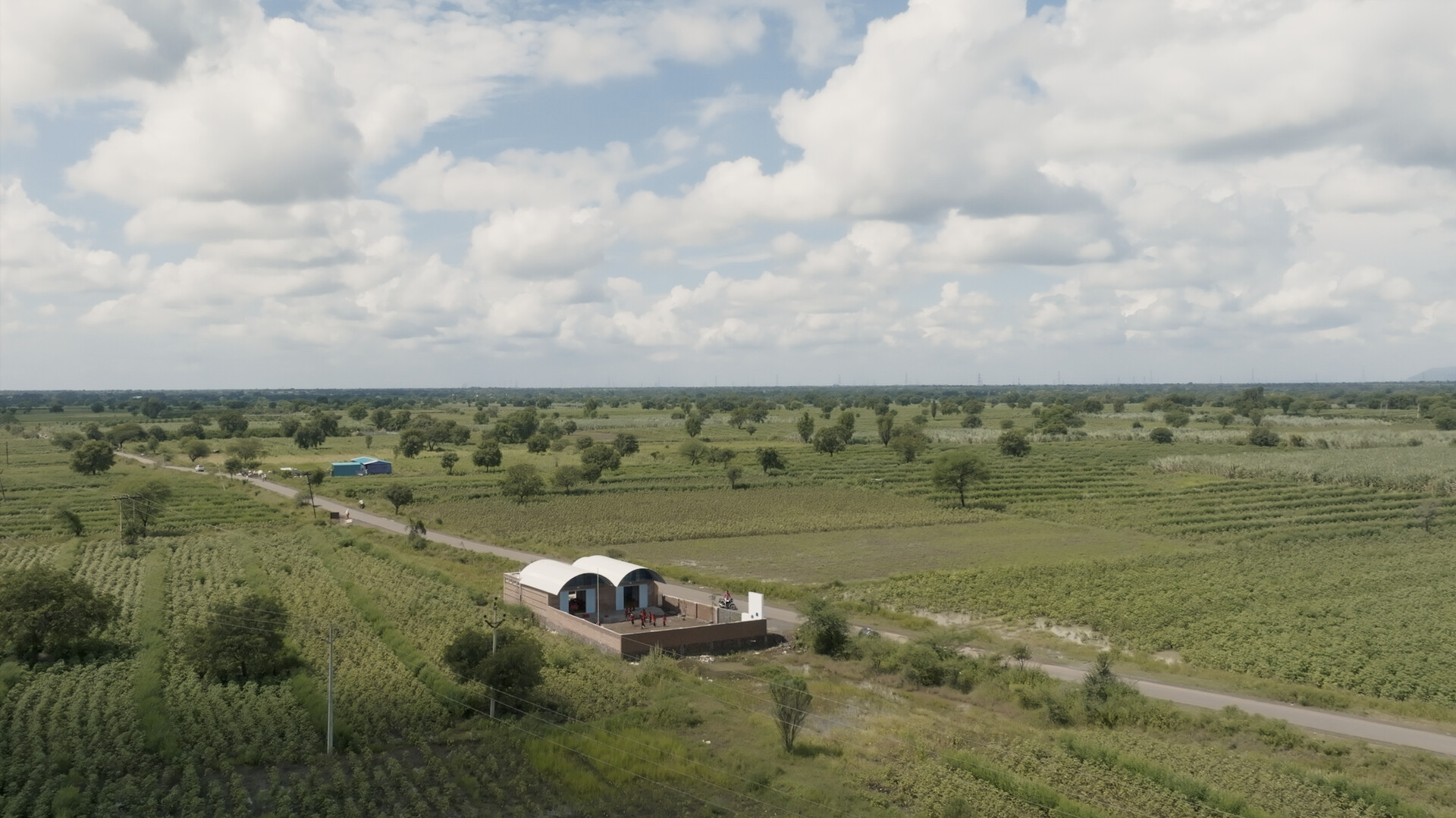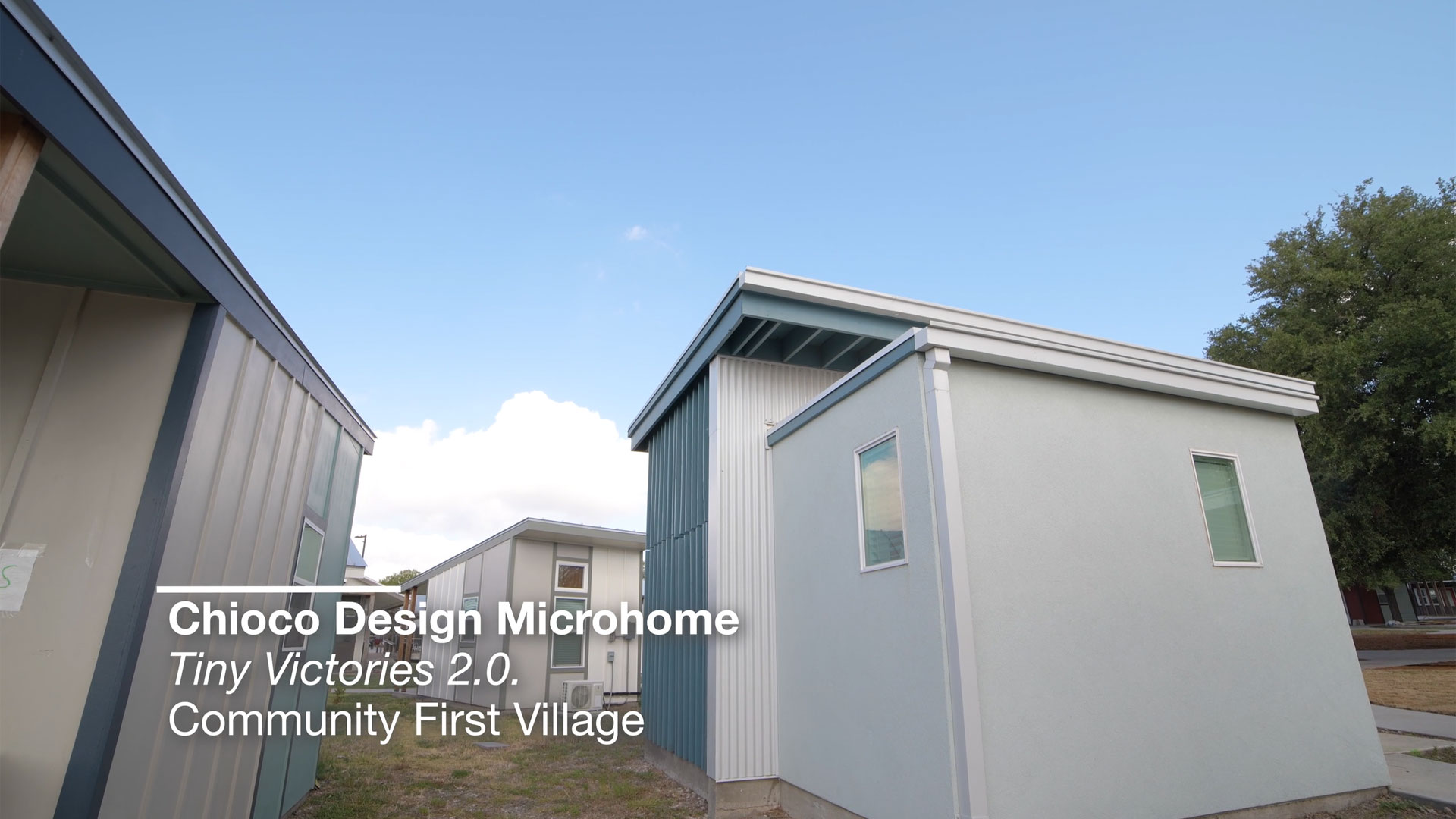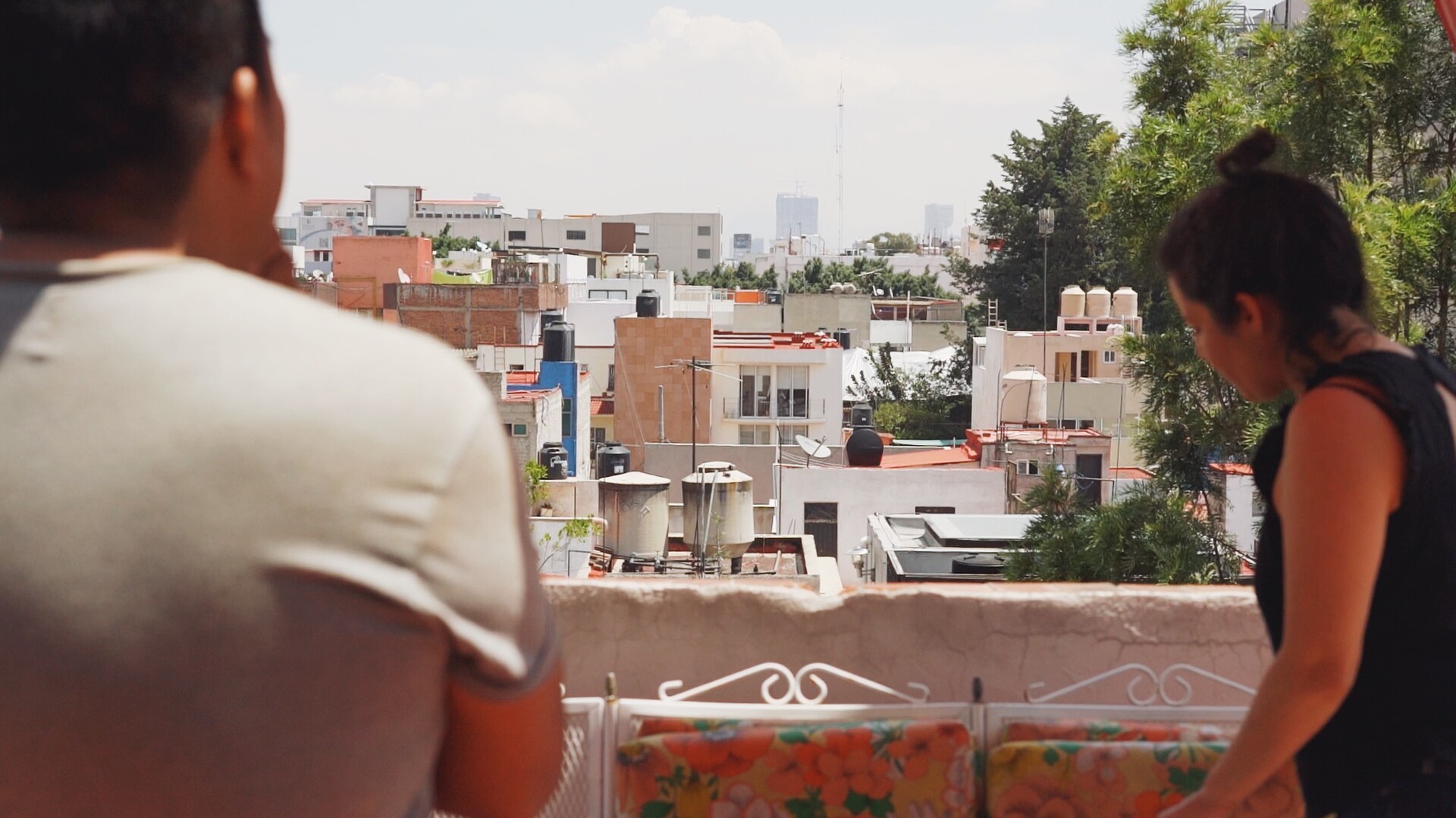

The Venice Architecture Film Festival2023 Edition: BUILDING HAPPINESS
“Belief in the significance of architecture is premised on the notion that we are, for better or for worse, different people in different places – and on the conviction that it is architecture’s task to render vivid to us who we might ideally be.”
Alain de Botton, The Architecture of Happiness, 2006.
Alain de Botton, The Architecture of Happiness, 2006.
The 2023 Edition: BUILDING HAPPINESS
“Belief in the significance of architecture is premised on the notion that we are, for better or for worse, different people in different places – and on the conviction that it is architecture’s task to render vivid to us who we might ideally be.”
Alain de Botton, The Architecture of Happiness, 2006.
Alain de Botton, The Architecture of Happiness, 2006.

At San Servolo Island
Entrance from 19:00 for drinks and warm-up.
All screening events from the 31st August to the 2nd September at San Servolo will start at 21:00.
All screening evenings are admission free for all ArchiTuned members.
Registration to the association is possible at the Festival. The yearly card cost 7€.
31st August – 2nd September 2023
From 7:30pm to 11:00pm
All screening events from the 31st August to the 2nd September at San Servolo will start at 21:00.
All screening evenings are admission free for all ArchiTuned members.
Registration to the association is possible at the Festival. The yearly card cost 7€.
31st August – 2nd September 2023
From 7:30pm to 11:00pm
WHERE AND WHEN TO REACH US
DOVE SIAMO E COME RAGGIUNGERCI
public transportation vaporetto ACTV LINE 20
DOVE SIAMO E COME RAGGIUNGERCI
public transportation vaporetto ACTV LINE 20
From San Zaccaria-B at:
6pm, 6:30pm, 7:00pm, 7:30pm, 7:40pm, 8:00pm, 8:15pm, 8:30pm, 8:40pm, 9:00pm.
From Palazzo del Cinema (Lido) at:
6:35pm, 6:50pm, 7:00pm, 7:20pm, 7:35pm, 7:50pm, 8:00pm, 8:20pm, 8:35pm, 8:50pm, 9:00pm.
Back to Venice at:
10:00pm, 10:10pm, 10:30pm, 10:45pm, 11:00pm, 11:10pm, 11:30pm, 11:45pm, 0:00am, 0:10am, 0:30am, 0:45am, 1:00am
Back to Lido at:
10:10pm, 10:25pm, 10:40pm, 10:50pm,11:10pm, 11:25pm. 11:40pm, 11:50pm, 0:10am, 0:25am, 0:40am, 0.50am.
6pm, 6:30pm, 7:00pm, 7:30pm, 7:40pm, 8:00pm, 8:15pm, 8:30pm, 8:40pm, 9:00pm.
From Palazzo del Cinema (Lido) at:
6:35pm, 6:50pm, 7:00pm, 7:20pm, 7:35pm, 7:50pm, 8:00pm, 8:20pm, 8:35pm, 8:50pm, 9:00pm.
Back to Venice at:
10:00pm, 10:10pm, 10:30pm, 10:45pm, 11:00pm, 11:10pm, 11:30pm, 11:45pm, 0:00am, 0:10am, 0:30am, 0:45am, 1:00am
Back to Lido at:
10:10pm, 10:25pm, 10:40pm, 10:50pm,11:10pm, 11:25pm. 11:40pm, 11:50pm, 0:10am, 0:25am, 0:40am, 0.50am.



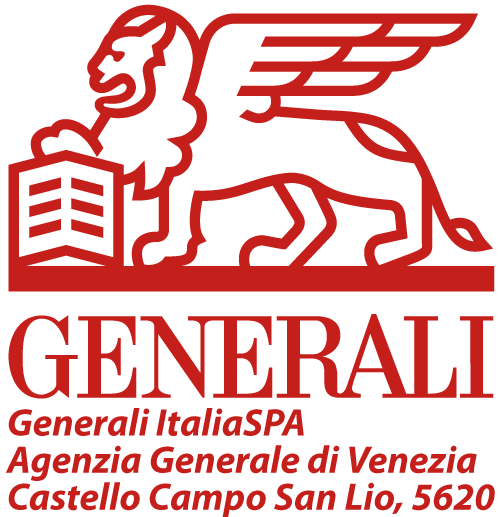

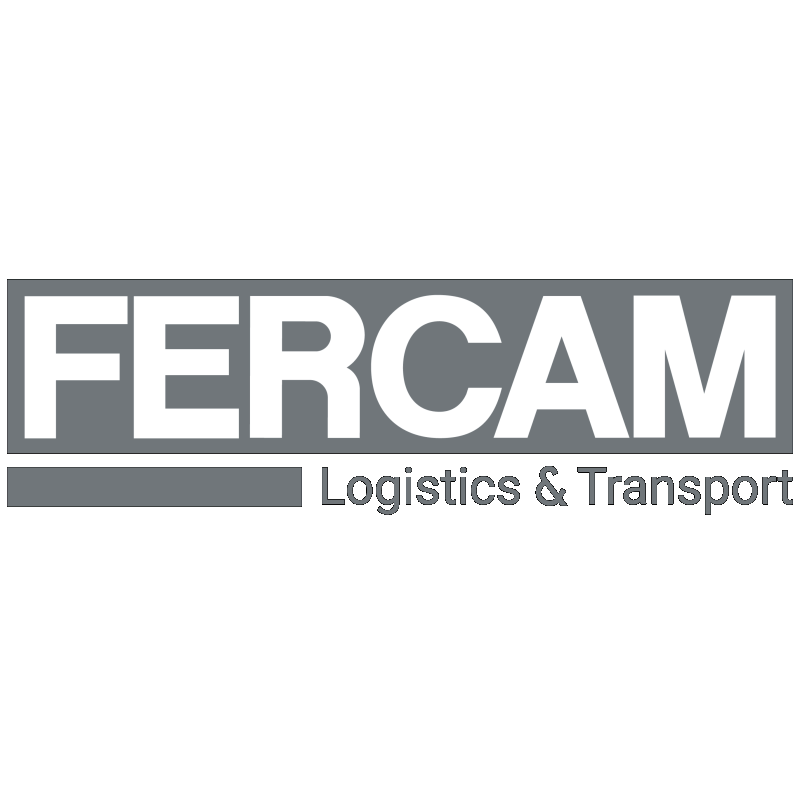
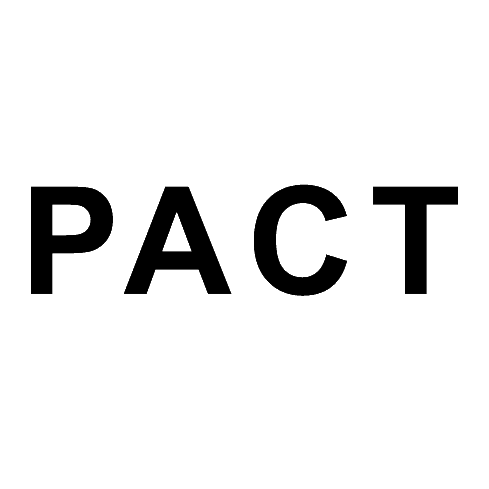
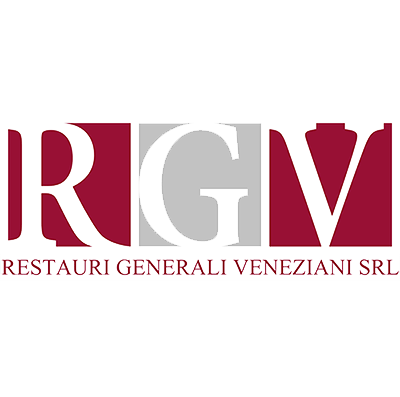
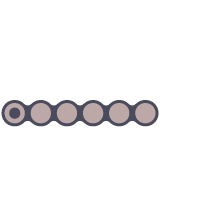
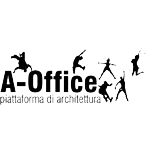
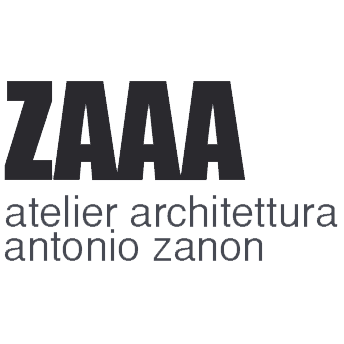
con il patrocinio di:
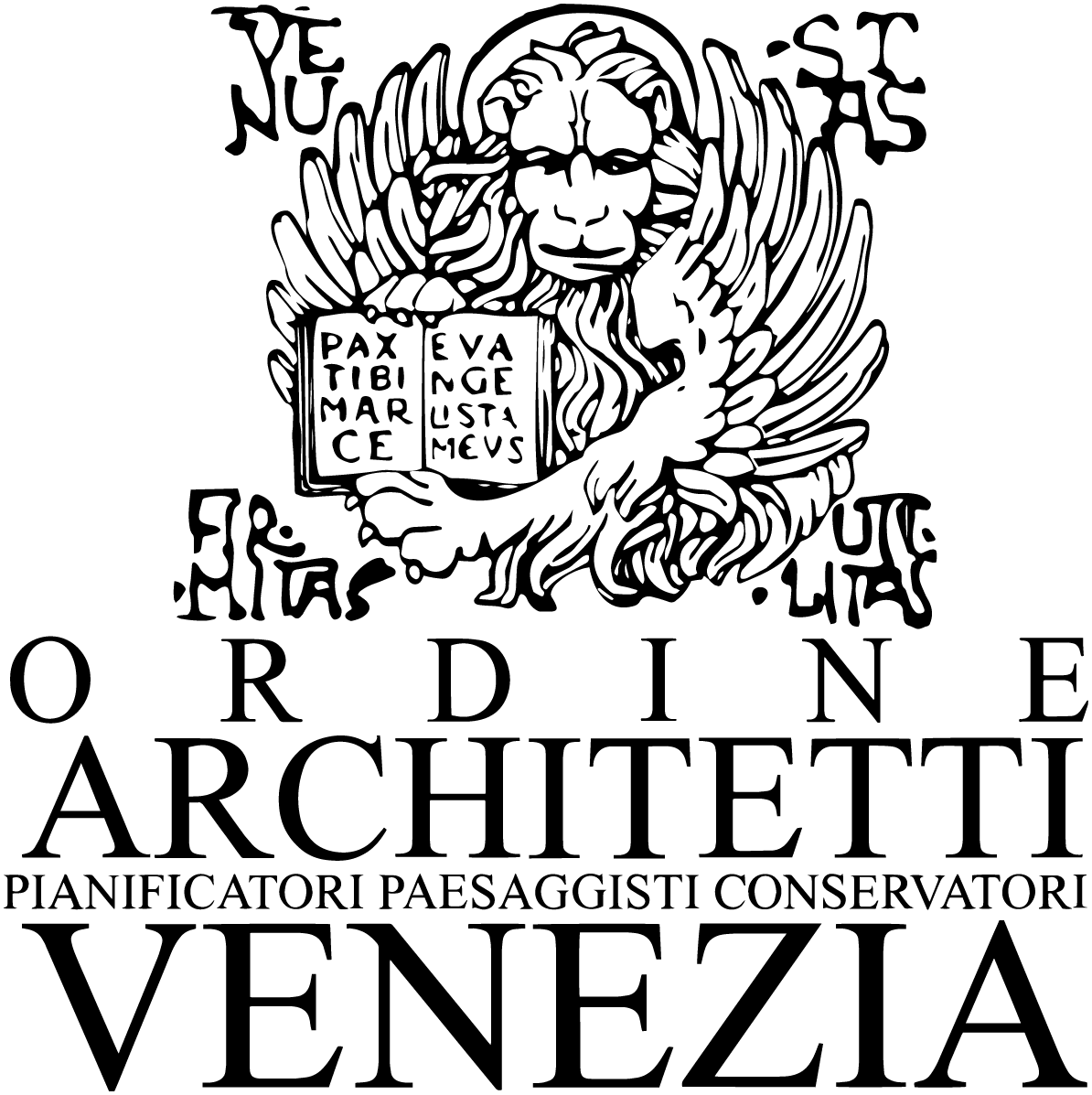












Con il patrocinio di:


DAILY PROGRAM At San Servolo Island
August 31st
Screenings 21:00 - 23:00
Short Films
5th Finalist: Babylone
By Antoine Béguin, 2023, Switzerland (02':20'')
4th Finalist: Memories of the Berlin Room
By Jörn Staeger, 2021, Germany (09:43)
Full Length Films
3rd Finalist: Life Assembled
By Elodie Degavre, 2023, Belgium (01:09')
For the category Long Film the Jury awarded a Special mention to:
- Mexity By Kate Kliwadenko, Mario Novas - Mexico 2022 (01:36)
- Best in the World By Hans Christian Post - Denmark 2022 (02.11)
September 1st
Screenings 21:00 - 23:00
Short Films
3rd Finalist: The Happy Few
By Alexandra Vamberg Belli, Astrid Juul Jørgensen, 2023, Denmark (15':00'')
2nd Finalist: For Everyone A Garden
By Giulia Magno, 2023, Italy (06':00'')
Full Length Films
2nd Finalist: Skin of Glass
By Denise Zmekhol, 2023, Brazil, (01:09')
September 2nd
Screenings 21:00 - 23:00
Short Films
Awarded Film: On the margins - Italian Premiere
By Jingru (Cyan) Cheng, Chen Zhan, 2023, China (12':00'')
Full Length Films
Awarded Film: The Power of Utopia - Living with Le Corbusier in Chandigarh - Italian Premiere
By Karin Bucher, Thomas Karrer, 2023, Switzerland , (01:24')
Jury Special Mentions Trailers
- Mexity By Kate Kliwadenko, Mario Novas - Mexico 2022 (01:36)
- Best in the World By Hans Christian Post - Denmark 2022 (02.11)

ArchiTuned has launched a short film competition as well as a long film competition, the five shortlisted finalists of the short film category and a selection of the long film will be featured in the program.
A qualified jury of experts and professionals from the world of architecture and cinema will select the winning film among the entries.
Architecture helps develop different cultures and ways of how communities feel represented. Cities and built environments can affect our mood and wellbeing, what if we ask communities - enlivened by different wishes, needs, expressions - to share with us a place where they feel comfortable, happy and relaxed, where in other words they wish to inhabit? Within the different geographical needs and connected changes, cultures, social contexts and inequities, what are (if any) the requirements to make it possible that humans feel content in their built environment?
Do architects consider happiness in their creations as a fundamental or as a collateral? Can Architecture be the medium to build happiness?
A qualified jury of experts and professionals from the world of architecture and cinema will select the winning film among the entries.
Architecture helps develop different cultures and ways of how communities feel represented. Cities and built environments can affect our mood and wellbeing, what if we ask communities - enlivened by different wishes, needs, expressions - to share with us a place where they feel comfortable, happy and relaxed, where in other words they wish to inhabit? Within the different geographical needs and connected changes, cultures, social contexts and inequities, what are (if any) the requirements to make it possible that humans feel content in their built environment?
Do architects consider happiness in their creations as a fundamental or as a collateral? Can Architecture be the medium to build happiness?
All Films in Competition
Best in the World
By Hans Christian Post, 00:56:25
The documentary Best in the World offers a revealing look beyond the photogenic image of Copenhagen. The Danish capital is often considered one of the most liveable cities in the world. But this was not always the case. Thirty years ago, Copenhagen was an industrial city on the brink of bankruptcy. Through political and architectural engineering the city has experienced a complete transformation, but at what cost? Today the city is an engine of inequality both within its own borders and in the surrounding countryside. Who ultimately gets to benefit from this desirable new city? Celebrated writer and filmmaker Hans Christian Post takes stock of Copenhagen’s evolution through the eyes of architects, activists and writers to assess what is at stake. A cautionary tale for cities across the world.3rd Finalist
Life, Assembled
By Elodie Degavre, 01:09:42
50 years after the realization of their utopias, three old architects take the director with them to discover unusual housing. A joyful journey through time from which emerges a crucial question: and us, how will we live tomorrow?Mexity
By Shelter Originals, 01:20:00
Cities today are not necessarily ones we want to live in. As the world becomes more urbanized, initiatives to improve urban environments are needed: Projects that transform the built environment or new ideas for improving the city of tomorrow. Mexity explores new relationships between architecture and the city. This is Mexico City: “Here we risk.”2nd Finalist
Skin of Glass
By Denise Zmekhol, 01:30:00
A journey to reckon with Brazil’s harsh inequality begins when filmmaker Denise Zmekhol discovers her father’s architectural masterpiece is occupied by hundreds of homeless people.Award Winner
The Power of Utopia - Living with Le Corbusier in Chandigarh
By Thomas Karrer, 01:24:50
The construction of the Indian planned city of Chandigarh 70 years ago saw Swiss-French architect Le Corbusier complete his life’s work. Born in a time of unrest, resettlement and the Partition of India, Chandigarh stands for progress and the newly emerged democracy. Le Corbusier’s vision was one of a humane and just city that would allow for harmonious interaction between its residents and the natural environment. Chandigarh is a controversial work of art, a bold utopia of modernity. The film accompanies four people involved in culture and arts who live in the city, reveals universal connections and – in an atmospherically dense narrative – reflects on Le Corbusier’s legacy, utopian urban concepts and the cultural differences between East and West.Short Films in Competition
5th Finalist
Babylone
By Antoine Béguin, 00:02:20
A 12-story tower that, at first glance, looks outdated and soulless. It is, however, an extraordinary building...Beyond Architecture - COEX
By Mohammad Ezzat, 00:12:22
An architectural short film, has been filmed by an Egyptian architect and filmmaker about an architectural office and art community hub. The story is about a Malaysian architectural firm has been moved from a typical modern building to a UNESCO heritage district in Penang island, Malaysia, to create a new set up, where their architectural office going to be infused with an art and community center.Brooklyn Bridge Park Film: Revealing Design Intention through User Experience
By red mike, 00:05:11
It took more than a decade of community-led advocacy (1985-1998) to convince leaders to transform the defunct Port Authority terminal into a park. Through their dedicated participation and many years of public engagement, Brooklynites inspired the idea that the park should feel democratic and reconnect people with the riverfront. After opening in late 2021, rather than speaking about the design himself, Michael Van Valkenburgh wanted to know what people think about the park and how they use it. The user experience is what makes the design, and so Spirit of Space spent a week observing the many experiences and chatted, completely at random, with people at various places within the park. Through these many observations and insights with the public, the design intention was revealed.Cosmorama
By Cira Oller, 00:08:00
Cosmorama comprises an innovative research centre and museum dedicated to the study of building in extreme climates. Its name, derived from the Greek words 'Kosmos' meaning "world" and 'Orama' meaning "scene", aptly captures the essence and objective of this endeavour. Serving as a focal point for architects and scientists alike, the structure offers a distinct and immersive educational experience that transcends physical limitations. By harnessing state-of-the-art technologies, it seamlessly unites remote locations within one captivating space. This approach underscores the significance of faithfully representing the unspoiled magnificence of landscapes, to nurture a profound understanding and appreciation for natural environments while emphasizing the imperative of their conservation. In alignment with this ethos, the architectural design incorporates local materials, effectively mirroring the surrounding environment and engendering a harmonious coexistence with the site. The project transcends conventional notions of a museum or research centre, assuming the character of an ever-evolving landscape in its own right.Docking
By Wingchun Cheng and Spade Hung, 00:05:00
Seasonally, street sleepers in Kwun Tong Public Pier need to move out like the tide falls during the pier clearance by authorities, and move back to the pier like the tide rises afterwards. A mobile unit prototype is built with street sleepers themselves to deal with the seasonal clearance. It attempts to save construction materials without destroying the settlements in each clearance, which save energy for street sleepers rebuilding shelter and authorise to dump the construction waste respectively. By enhancing the efficiency of moving in and out, the project hope to stretch the tension between authorities, public and street sleepers on the usage of Kwun Tong Public Pier. The team will continue to document the intervention and situation of the pier in the upcoming clearance.Filling the Void
By Verica Kovacevska, 00:07:14
FILLING THE VOID is an audio guide created by Verica Kovacevska in Split, Croatia. The work focuses on the beloved modernist building Kineski Zid* as well as the surrounding buildings designed by the same architect, Frano Gotovac. The audio guide is open to both locals and tourists and can be accessed by anyone using a mobile device. It aims to place a new landmark on the tourist map of Split and questions the way that local cultural heritage is valued and protected. The work was produced in the framework of Voids 2022 - an art programme in public space - organized by Culture Hub Croatia. FILLING THE VOID was video documented and addresses the role of film in preserving ephemeral art and showing how documentation itself can become (part of) an original artwork. * (English translation: Great Wall of China)2nd Finalist
For Everyone a Garden
By Giulia Magno, 00:06:00
Acclaimed architect, urban planner and theorist Moshe Safdie achieved worldwide recognition when his very first building, Habitat 67, proved to be eminently viable. The pioneering housing project was designed around Safdie’s guiding metaphor—“For Everyone A Garden”—which espouses his belief that green space, natural light and fresh air are basic human rights. Five decades later, the foundational principles of his design philosophy seem more important than ever before.Fractal Cities
By FrankanLisa Studio, 00:03:13
The short film “Fractal Cities” documents a diverse collection of habitation, ranging from various forms of housing estates to temporary shelters in underground tunnels. These typical cases selected from the wide spectrum of living conditions in Hong Kong are dissected, folded, and morphed into an imaginary landscape. In this fractal city, concepts such as big and small, in and out, are no longer applicable. It challenges the 3-dimensional constraint, and essentially, the persisting bond between value and the size of the property, which critiques the monetization of the virtual estate in the recent “metaverse” fever. The 3D scanned fragments of the city are represented as point clouds, faithfully archiving bygone experiences while remaining at a distance from reality aesthetically. In such tension with the physical world, the film proposes a virtual alternative that is not detached from but entangled with reality. The project was supported by Design Trust and the 9th Bi-City Biennale of Urbanism/Architecture (Shenzhen).Jimi Hendrix vs Mr. Cattelan
By Maurizio Dalla Palma, 00:06:30
Old School vs New School graffiti and... What do the rockstar Jimi Hendrix and a renowned contemporary artist share? Their paths virtually crossed in Milan. Where the inhabitants of a peripheral area of the city took to the streets in June 2022 to defend five murals that are located in the main square of the district. The drawings depict, among others, Jimi Hendrix, a native American chief and the anti nuclear badge of the Smiling Sun: they were made almost 50 years ago and they were one of the first examples of street art in Italy. But a supermarket chain, which bought the building on which they are located, has decided to cancel these works and replace them with a new mural created by Maurizio Cattelan, an international artist who exhibits at Moma in New York and in other major museums. The news sparked a protest of the locals, who want to defend the identity of the neighborhood and its historical memory.Matchpoint
By Pasquale Napolitano, 00:06:02
Il progetto Tre Tigri-Taprobane ha proposto laboratori territoriali di relazione tra la comunità srilankese, la popolazione, le associazioni attive sul territorio e le Istituzioni operanti nel settore dell’arte contemporanea, stimolando una peculiare ibridazione tra i linguaggi estetici, sociali e performativi, segnatamente attraverso il cricket, sport nazionale dello Sri Lanka e, di conseguenza, pratica aggregativa diffusissima tra le strade della città.4th Finalist
Memories of the Berlin Room
By Jörn Staeger, 00:09:43
A narrator introduce the viewer to the vanished world of a Berlin backyard during the Cold War era. Then the view wanders to three exposed buildings of West Berlin, which have experienced their downfall as well as their resurrection. Gradually, the places connect with the author's experiences.Move
By Vanessa Cardui, 00:03:00
MOVE is an experimental short film that explores the influence of architecture to human psyche. The experimental short film emphasizes the physical exploration of the “Plattenbau” - an architecture of prefabricated concrete block flats that was typical of East Germany. It questions the relationship between body and space.NIX
By Katherine Knight and Anthony Von Seck, 00:09:12
An ethereal experience of light and weather unfolds within a temporary snow structure built on the frozen Nestaweya River Trail in Winnipeg Manitoba. Invited by 2023 Warming Huts: An Arts + Architecture Competition on Ice, artist Wanda Koop, designer Thom Fougere and a team of snow experts build a contemporary snow fort that functions as an experiential work of land art. Light and sound reflect and reverberate within a polar vortex at the geographical center of North America.No Leftovers No Left Out
By Daisy Ziyan Zhang, 00:02:00
Increasingly, nature has become more of a luxury for city dwellers to access in our everyday life, an indicator closely tied to real estate value and the process of gentrification. Meanwhile, our building industry is established upon the constant exploitation of nature and the production of waste. Can we redefine and up-cycle trash to create public space that serves us all? This project by Ensemble Studio transcends the shackles of a tight budget and designed a public corridor with recycled CDs and leftover quarry stones - a gigantic sculpture, a playground, a microcosmos of nature that welcomes everyone to rest, wander, play, and decompress.Award Winner
On the Margins
By Jingru (Cyan) Cheng & Chen Zhan, 00:12:00
Utilising time-based spatial collages combined with documentary footage, this short film looks into the everyday practice of dissolved families in Shigushan village, Wuhan, China, with a focus on the crucial role of spatial thresholds in conditioning an intergenerational, interdependent way of living that is somewhere between the family and the collective.The short film is part of an ongoing transdisciplinary project, RIPPLE RIPPLE RIPPLING, exploring the intersection of architecture, anthropology, performance, and filmmaking. Project website
The Old, The New and The Other
By Sébastien SIMON, 00:15:00
A stranger arrives in a town called Mipo: here, urban development is accelerating the gentrification of that old fishing village located on the edge of Haeundae beach, in Busan city, South Korea. Made in stereoscopic 4K High Frame Rate, and featuring some footage shot in Super 8mm as well as early 20th-century stereograph cards, "The Old, The New and The Other" serves as a contemplation on the passing of time both in regards to urbanism and to filmmaking techniques.3rd Finalist
The Happy Few
By Astrid Juul, 00:15:00
The Happy Few is a short documentary that delves into self-organized communities, explicitly focusing on eco-communities and cooperatives. This film takes an architectural perspective, shedding light on various aspects of these communities and their unique approaches to sustainable living. It draws upon an extensive field study trip conducted in August 2022, which explored 16 projects in Northern Europe. Additionally, the documentary incorporates interviews with experts within the field. By examining eco-communities, the documentary raises profound questions about our existence and society's fundamental structures and organization. These communities serve as a crucial source of alternative perspectives, as they actively engage in experimenting with novel ways of sustainable living. They challenge established norms and traditional notions, especially within the built environment, ownership types, and how you live with others, encouraging us to reconsider the societal framework within which we operate. One of the central inquiries of the documentary revolves around the broader applicability and representativeness of the solutions proposed by these communities. It poses the critical question of whether the approaches showcased are accessible and relevant to all or if they cater exclusively to a select group we refer to as "The Happy Few."The Vaulted School
By Sohaib Ilyas, 00:02:00
Craft Narrative’s Vaulted School sits against a quiet rural backdrop within a sugarcane cutting hamlet in Maharashtra, India. With limited resources and funding, the designers devised a creative architectural solution for an inclusive, engaging learning environment that simultaneously empowers the local community and poses an example for neighboring villages.
“Tiny Victories 2.0.” A Tale of Empathy - Extended Version
By Gustavo Bernal, 00:08:20
"Tiny Victories 2.0. A Tale of Empathy" tells the story of Chioco Design's team journey when building a micro home for an individual who has struggled with chronic and sustained homelessness. How organizations like AIA Design Voice and Mobile Loaves & Fishes works timely to offer hope for the community. The word "empathy" serves as a prompt in the development, and execution, but mostly the idea of leaving behind preconceptions of what it is like to live without a home. In this extended version, we dig deeper into the journey of Chioco Design, AIA Design Voice Committee and Mobile Loaves and Fishes.Please donate to bring relief and hope to those living on the streets. Mobile Loaves & Fishes
Wrinkles
By Daisy Ziyan Zhang, 00:10:00
We are all aging, so are buildings. This film is rooted in an anonymous residential building in the center of Mexico City, one with 70 years of history being born, lived, earthquake-destructed, abandoned, repaired, rejuvenated, cared for, and so on. Dancing between observation and imagination, it unearths architecture as a living object, and redefines the beginning and the end of architectural design. Using the digital camera to access a series of spatial tools, this films embraces photogrammetry, data processing software, plotting machine, and most importantly, our eyes, to build an alternative literacy that gently questions established forms of design authorship. We need to be better observers before we can become better designers. Living in a world that is saturated with modernism buildings boomed in the last century, which have, to different extents, started to show signs of crumbling, it is crucial for us to reflect the existing built environment and question - how will we live together? Solutionism is not the offering, but rather, an outlook for re-discovering architecture as life-long projects.
COMPETITION JURY
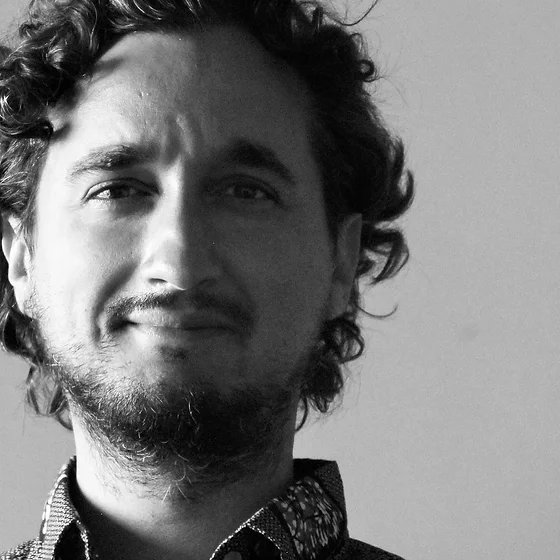
Pedro Aibeo
Architect
Portuguese internationally awarded Architect (TU Darmstadt) and Civil Engineer (FEU Porto) with over 50 buildings designed and built in 20 countries.
He is a Kone Säätiö Research Fellow, a Visiting Associate Professor at UNAM University, Mexico and at Wuhan University of Technology, China and a Doctoral Candidate at Aalto University, Finland on "Architectural Democracy".
Founder & CEO of the Gamified Cohousing Oy, founder and Artistic Director of “Cidadania” theatre+games group, a professional Musician at Homebound, the founder and Chairman of the World Music School Helsinki, a drawing teacher at the croquis nights and at Kiasma and a Graphic Novelist and a regular podcaster on music, politics and architecture at the Helsinki Open Waves. He is also a Deputy Member of Lohja's Town Planning Board in Finland.
He is a Kone Säätiö Research Fellow, a Visiting Associate Professor at UNAM University, Mexico and at Wuhan University of Technology, China and a Doctoral Candidate at Aalto University, Finland on "Architectural Democracy".
Founder & CEO of the Gamified Cohousing Oy, founder and Artistic Director of “Cidadania” theatre+games group, a professional Musician at Homebound, the founder and Chairman of the World Music School Helsinki, a drawing teacher at the croquis nights and at Kiasma and a Graphic Novelist and a regular podcaster on music, politics and architecture at the Helsinki Open Waves. He is also a Deputy Member of Lohja's Town Planning Board in Finland.
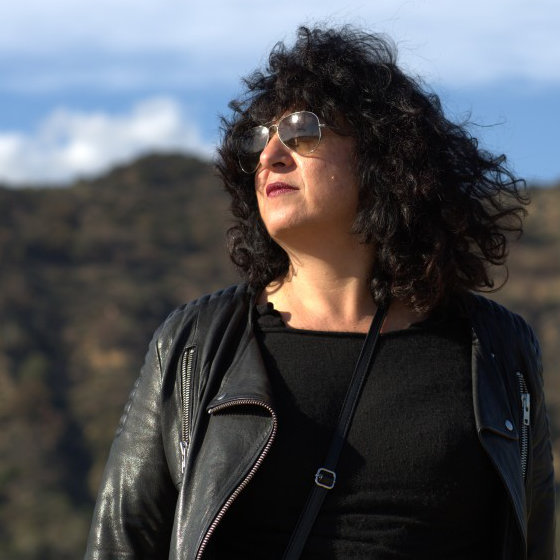
Alessandra Galletta
Director
Graduated from the Academy of Fine Arts in Milan, Alessandra Galletta is an art critic and has worked as an assistant, curator and exhibition organizer.
She began her career in audiovisual in 1994, taking care of the conception and realization of services and cultural programs.
Alessandra Galletta is the author of services, formats and programs for Rai1, Rai3, Tele+, SkyCinema, E! Entertainment Italia, SkyUno, SkyVivo, Current tv, Mediaset Premium, SkyArteHD, Discovery Real Time, Comedy Central, Babel tv and for production companies connected to generalist, web and satellite networks such as My-tv, Filmmaster, Cliptelevision, Endemol Italia, The BlogTv, FeelRouge and Babelgum UK .
She began her career in audiovisual in 1994, taking care of the conception and realization of services and cultural programs.
Alessandra Galletta is the author of services, formats and programs for Rai1, Rai3, Tele+, SkyCinema, E! Entertainment Italia, SkyUno, SkyVivo, Current tv, Mediaset Premium, SkyArteHD, Discovery Real Time, Comedy Central, Babel tv and for production companies connected to generalist, web and satellite networks such as My-tv, Filmmaster, Cliptelevision, Endemol Italia, The BlogTv, FeelRouge and Babelgum UK .
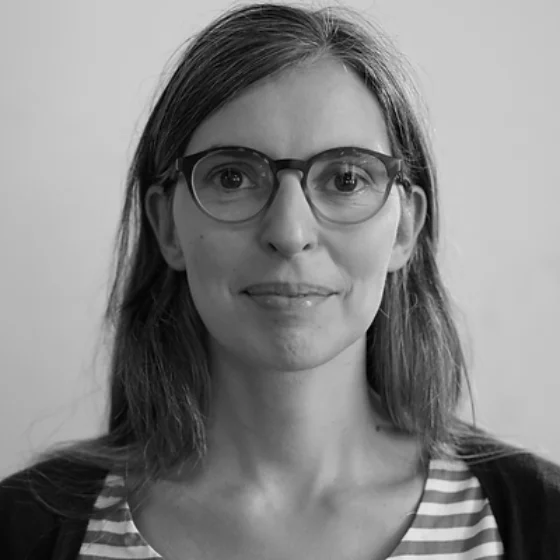
Silvia Pellizzari
Video Artist
In the field of video editing, video installations and interactive installations for more than 10 years. Graduated in Conservation of Cultural Heritage in Venice, she has been involved in educational activities for contemporary art at the Peggy Guggenheim, at the international modern art gallery of Ca' Pesaro and with the Venice Biennale.
Since 2004 he has been collaborating with Studio Azzurro, focusing on researching and reworking archive videos and materials.
Among the main works: Renzo Piano, water projects; Children, stories of travel and hope; In the East; Laboratory Museum of the Mind.
She edited the documentary Devil comes to Koko by Alfie Ntze and she signed with Lizi Gelber the editing of the feature film Per un Figlio by Suranga D.Katugampala.
She collaborates with New Armenia Cinema, a redevelopment project of a public space through the development of an inclusive cultural program with a focus upon the cinematography of Africa, Asia and Latin America.
Since 2004 he has been collaborating with Studio Azzurro, focusing on researching and reworking archive videos and materials.
Among the main works: Renzo Piano, water projects; Children, stories of travel and hope; In the East; Laboratory Museum of the Mind.
She edited the documentary Devil comes to Koko by Alfie Ntze and she signed with Lizi Gelber the editing of the feature film Per un Figlio by Suranga D.Katugampala.
She collaborates with New Armenia Cinema, a redevelopment project of a public space through the development of an inclusive cultural program with a focus upon the cinematography of Africa, Asia and Latin America.
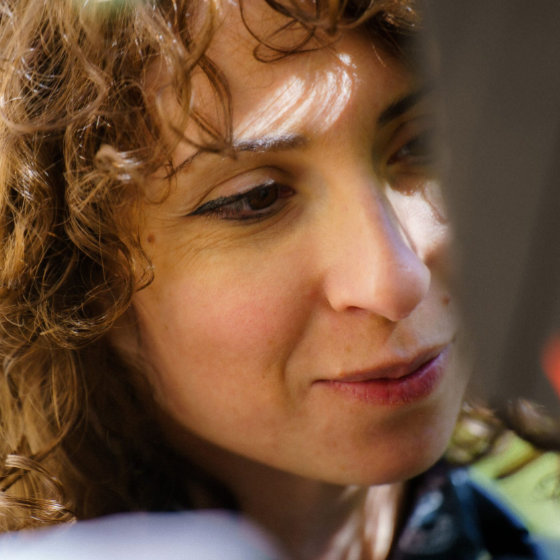
Marisa Vallone
Director
Started her career as a visual artist, art director and multimedia designer, she participated with video art projects and installations in numerous exhibitions, international festivals and artistic collectives.
After the Academy of Fine Arts where she graduated with a research upon in Sociology of New Media, she graduated in Directing course at the Centro Sperimentale di Cinematografia in Rome, where she realized documentaries and short films a. o. “La Carna Trist”.
She explores multiple experiences working as assistant director and casting but above all as director, author and filmmaker in the cinema, commercial and web sectors.
Finalist of the Solinas Prize 2017 with "Paramagic" and for some years director tutor in a workshop at the ABA of Foggia, she is the DIrector of the film"La Terra delle donne" 2023.
After the Academy of Fine Arts where she graduated with a research upon in Sociology of New Media, she graduated in Directing course at the Centro Sperimentale di Cinematografia in Rome, where she realized documentaries and short films a. o. “La Carna Trist”.
She explores multiple experiences working as assistant director and casting but above all as director, author and filmmaker in the cinema, commercial and web sectors.
Finalist of the Solinas Prize 2017 with "Paramagic" and for some years director tutor in a workshop at the ABA of Foggia, she is the DIrector of the film"La Terra delle donne" 2023.
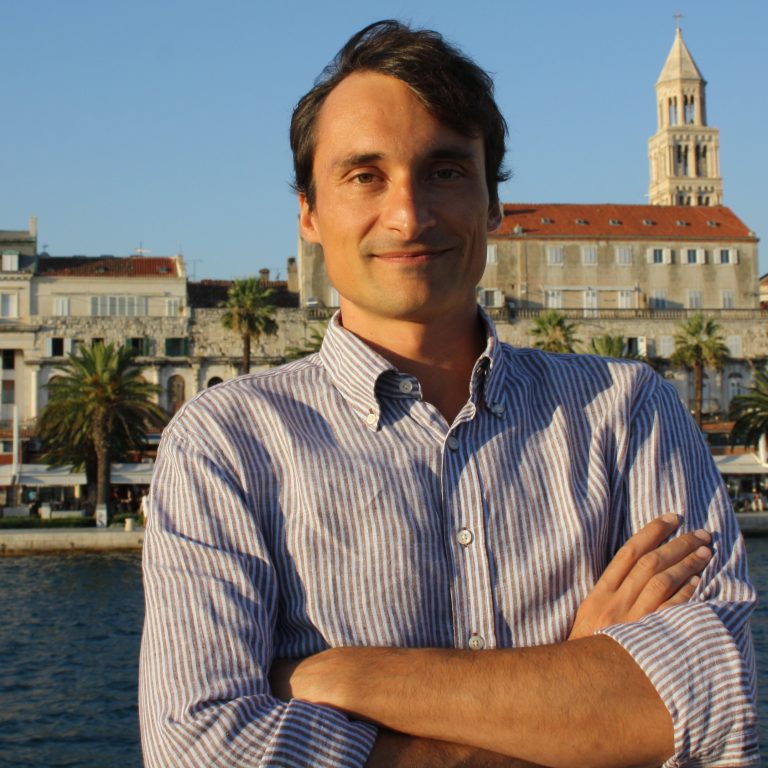
Luka Skansi
Associate Professor, Politecnico di Milano
I am an architectural historian, since 2019 associate professor at Politecnico di Milano. I hold a Master of Science in Architecture from University IUAV in Venice, and a doctoral degree in History of Architecture and Cities from the School for Advanced Studies in Venice, obtained in 2006 with a research on pre-revolutionary Russia (1900-1917).
My research interests include Italian architecture and engineering of the 20th century, Russian and Soviet architecture, the architecture in ex-Yugoslavia. I wrote books, essays and articles on Carlo Scarpa, Aldo Rossi, Gino Valle, Pier Luigi Nervi, Myron Goldsmith, Jože Plečnik, Nikolaj Ladovskij, Moisei Ginzburg, Peter Behrens, Manfredo Tafuri, Vladimir Braco Mušič.
In 2009 I received a Bruno Zevi Honorable Mention Prize for a historical-critical essay on the architectural culture of late tsarist Russia. In 2012 I was a Visiting Scholar at the Canadian Center for Architecture in Montreal, where I conducted a research on the teaching methods applied at the Vkhutemas – the renowned Soviet Avant-Garde school in the USSR in the 1920s. I was a Visiting Professor at the Faculty of Architecture in Ljubljana (Slovenia, 2011) and Belgrade (Serbia, 2013), and at the Art History department of the University Ca Foscari in Venice (Italy, 2014).
In 2018 I was honoured to receive the Plečnik medal for a contribution to the architectural culture 2018, given by the Chamber of Architects Ljubljana, Slovenia, for the research project "Streets and Neighbourhoods. Vladimir Braco Mušič and Large Scale Architecture", and for the curatiorial work on the exhibition at the Museum of Architecture and Design in Ljublhana.
At the moment I am a member of the Teaching Committee of the School of Doctorate
Studies at the Faculty of Architecture IUAV in Venice and of the Doctorate School of the Faculty of Architecture in Belgrade.
My research interests include Italian architecture and engineering of the 20th century, Russian and Soviet architecture, the architecture in ex-Yugoslavia. I wrote books, essays and articles on Carlo Scarpa, Aldo Rossi, Gino Valle, Pier Luigi Nervi, Myron Goldsmith, Jože Plečnik, Nikolaj Ladovskij, Moisei Ginzburg, Peter Behrens, Manfredo Tafuri, Vladimir Braco Mušič.
In 2009 I received a Bruno Zevi Honorable Mention Prize for a historical-critical essay on the architectural culture of late tsarist Russia. In 2012 I was a Visiting Scholar at the Canadian Center for Architecture in Montreal, where I conducted a research on the teaching methods applied at the Vkhutemas – the renowned Soviet Avant-Garde school in the USSR in the 1920s. I was a Visiting Professor at the Faculty of Architecture in Ljubljana (Slovenia, 2011) and Belgrade (Serbia, 2013), and at the Art History department of the University Ca Foscari in Venice (Italy, 2014).
In 2018 I was honoured to receive the Plečnik medal for a contribution to the architectural culture 2018, given by the Chamber of Architects Ljubljana, Slovenia, for the research project "Streets and Neighbourhoods. Vladimir Braco Mušič and Large Scale Architecture", and for the curatiorial work on the exhibition at the Museum of Architecture and Design in Ljublhana.
At the moment I am a member of the Teaching Committee of the School of Doctorate
Studies at the Faculty of Architecture IUAV in Venice and of the Doctorate School of the Faculty of Architecture in Belgrade.

